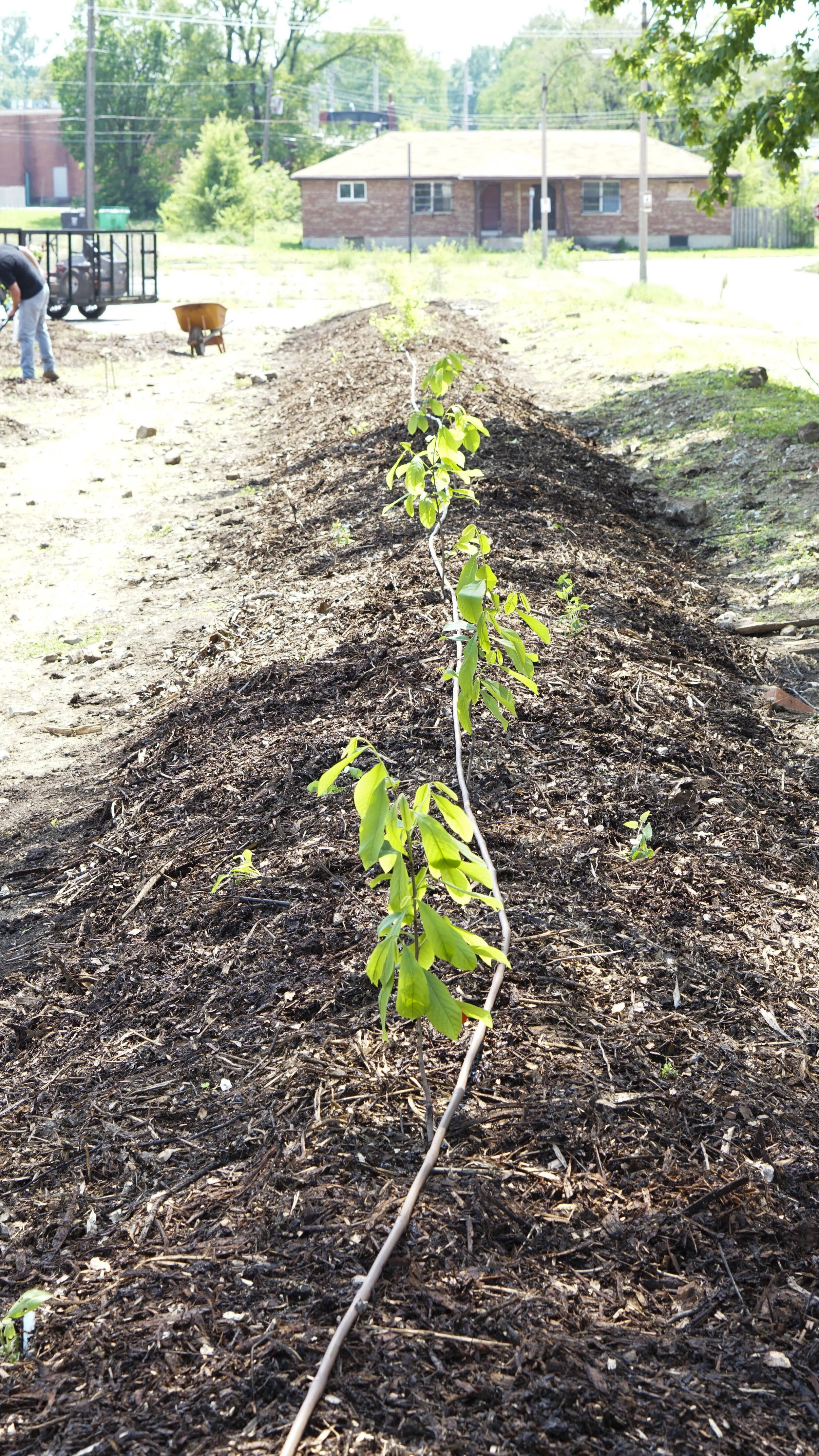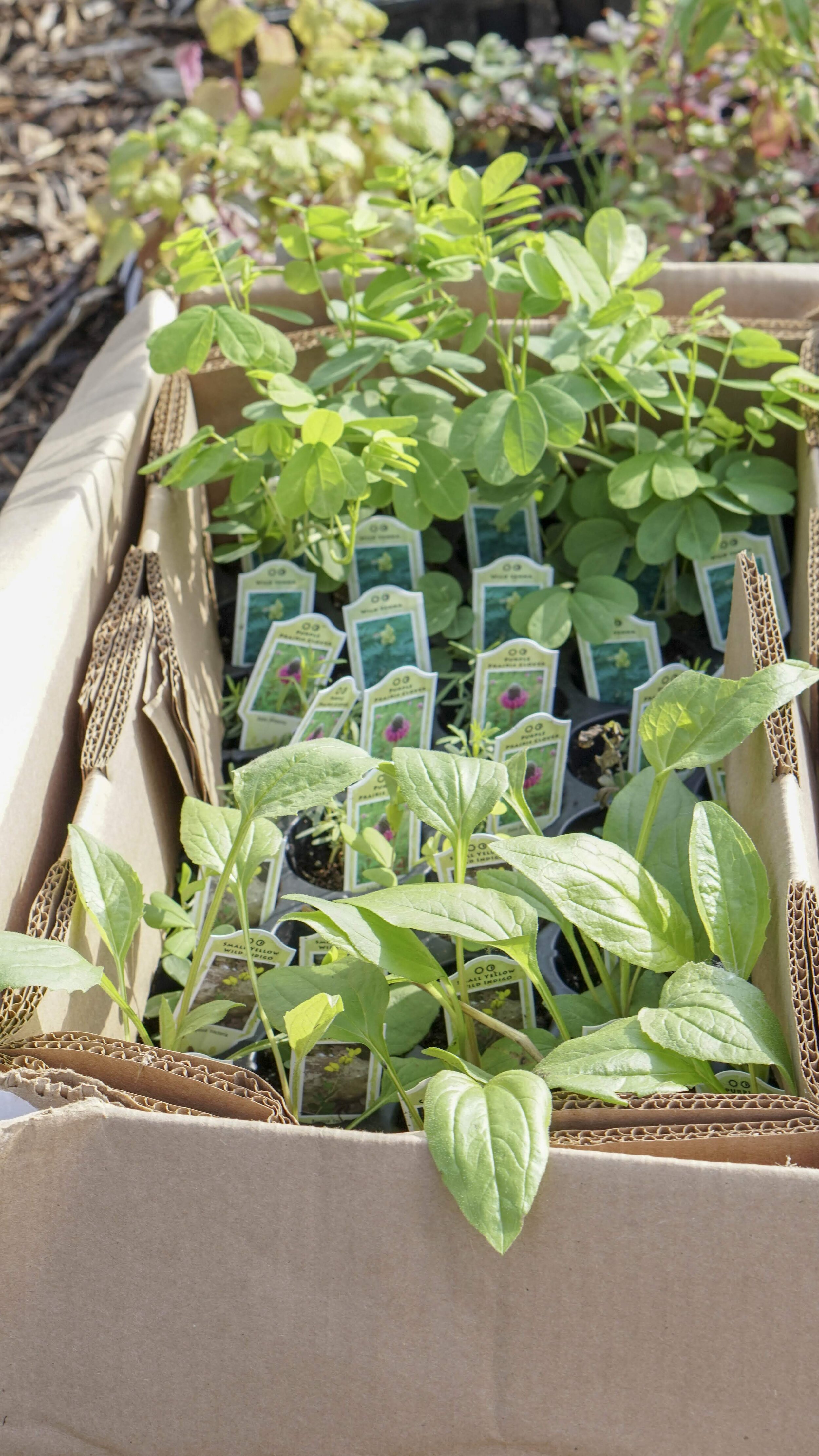Jubilee Community Church built a garden to feed souls as well as bodies
North St. Louis would be considered a food desert buy most, but if you look closely, you’ll see something beginning to sprout. Thanks to the vision of its leaders, Jubilee Community Church took an empty expanse of once-used land and turned it into a food forest that serves the church’s congregation, offers connection with the surrounding neighborhood and also provides a revenue stream — in consultation with Matt Lebon, the church leaders not only built a diverse, perennial permaculture garden, they decided to cultivate unique plants that would appeal to chefs looking for something unusual and locally grown to add to their menus, things like fresh figs and jujubes.
Before the garden was built, the church worked in collaboration with the Metropolitan Sewer District, Good Life Growing and Nature Conservancy to build a water catchment system that collects rainwater running off the roof of the building that otherwise would end up in the city’s aging sewer system. Instead of entering the sewers, all of that rainwater — thousands of gallons — is diverted into an underground system and used to irrigate the garden. Interested in catching and reusing water at home? Check out the resources for underground systems as well as small, above-ground solutions.
Luckily, the soil, while not ideal for food cultivation and in need of some organic inputs to make it fertile, did not need to be remediated. Many urban plots need to have toxins pulled from the soil before food can be grown — brownfield land exists in urban areas across the country and can stand in the way of projects such as this one. Want to know more? Lean about remediation of brownfields from the EPA here and specifically in St. Louis here.
Click through the images below to see the garden take shape:
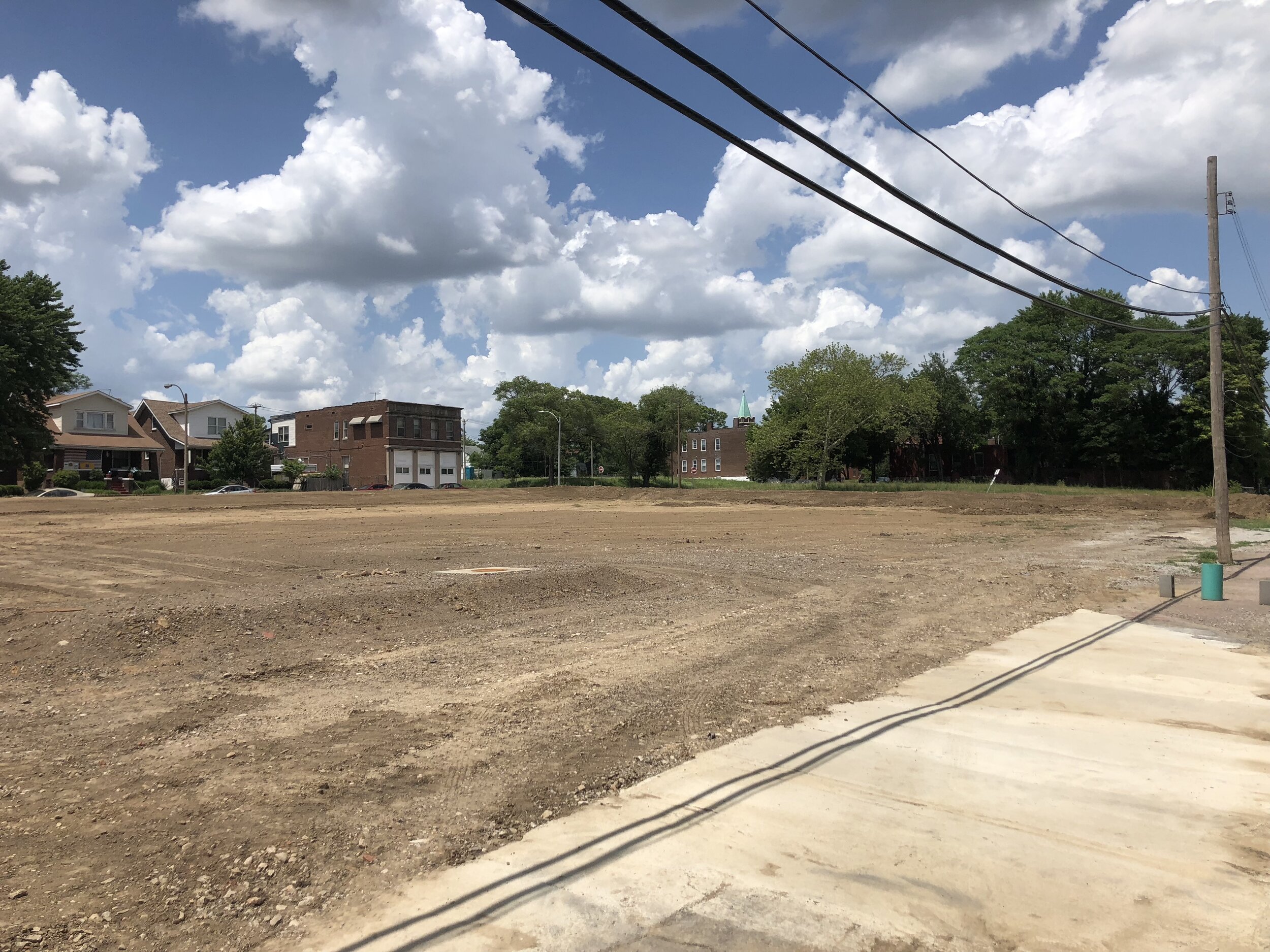
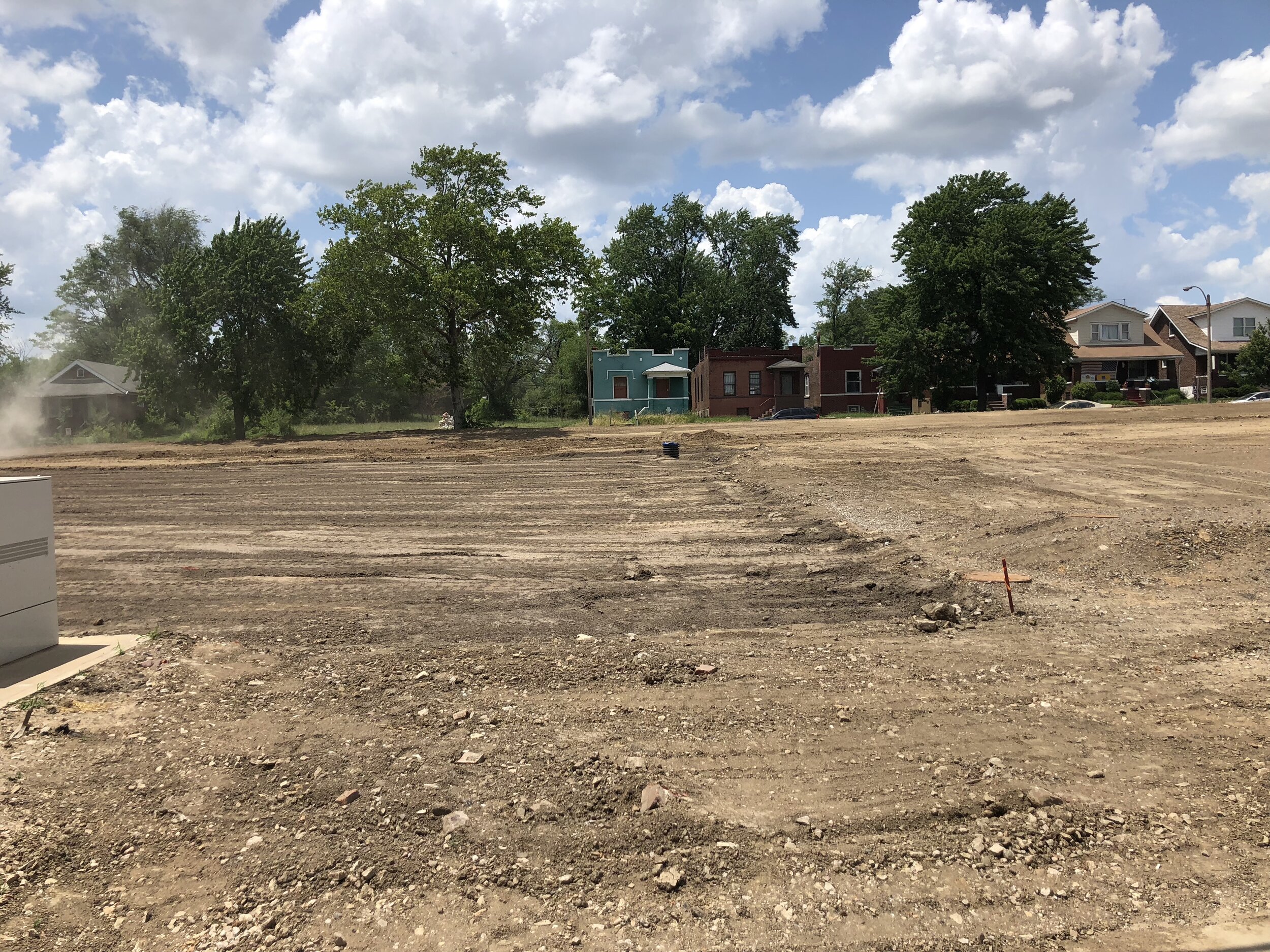
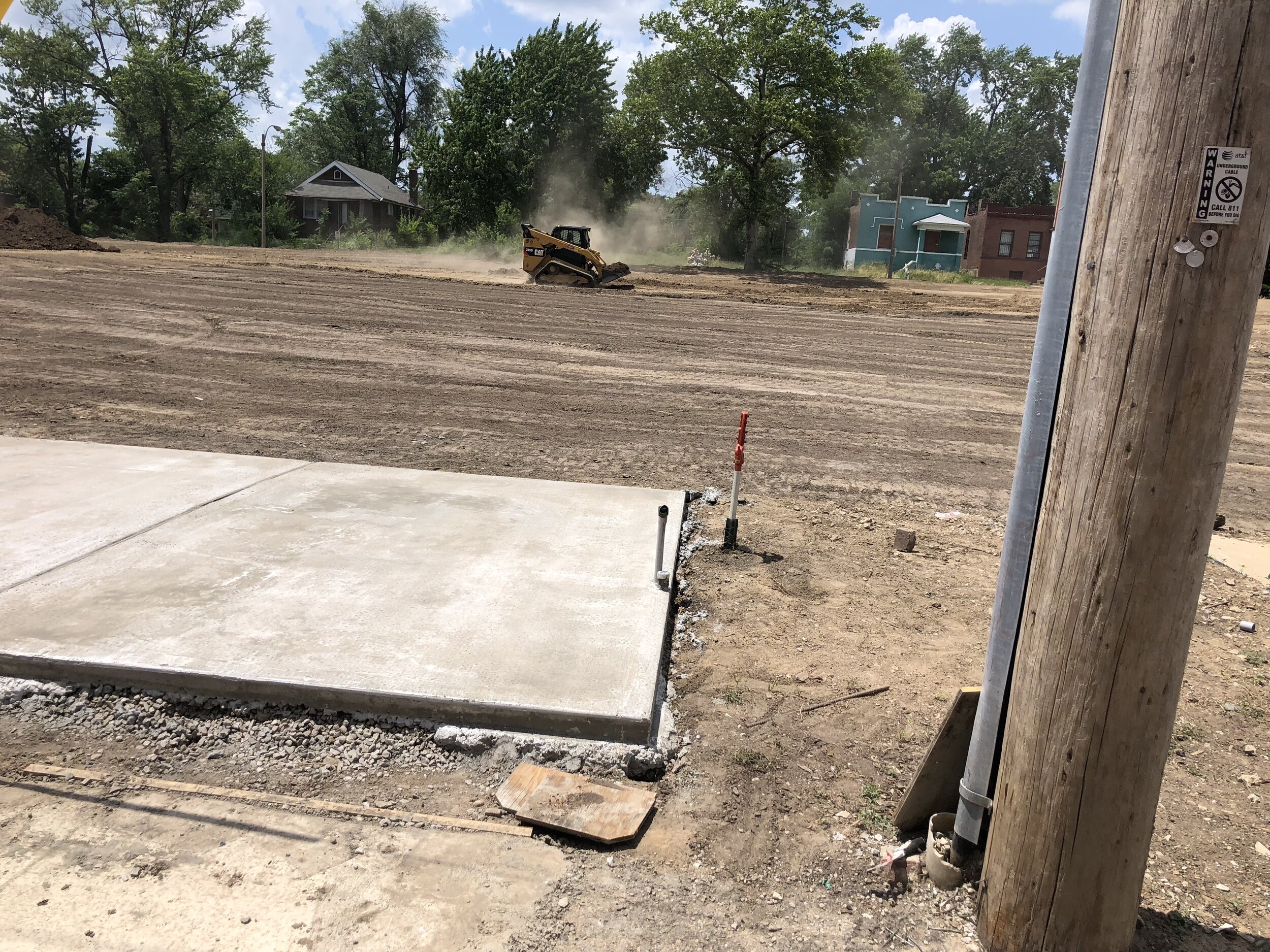
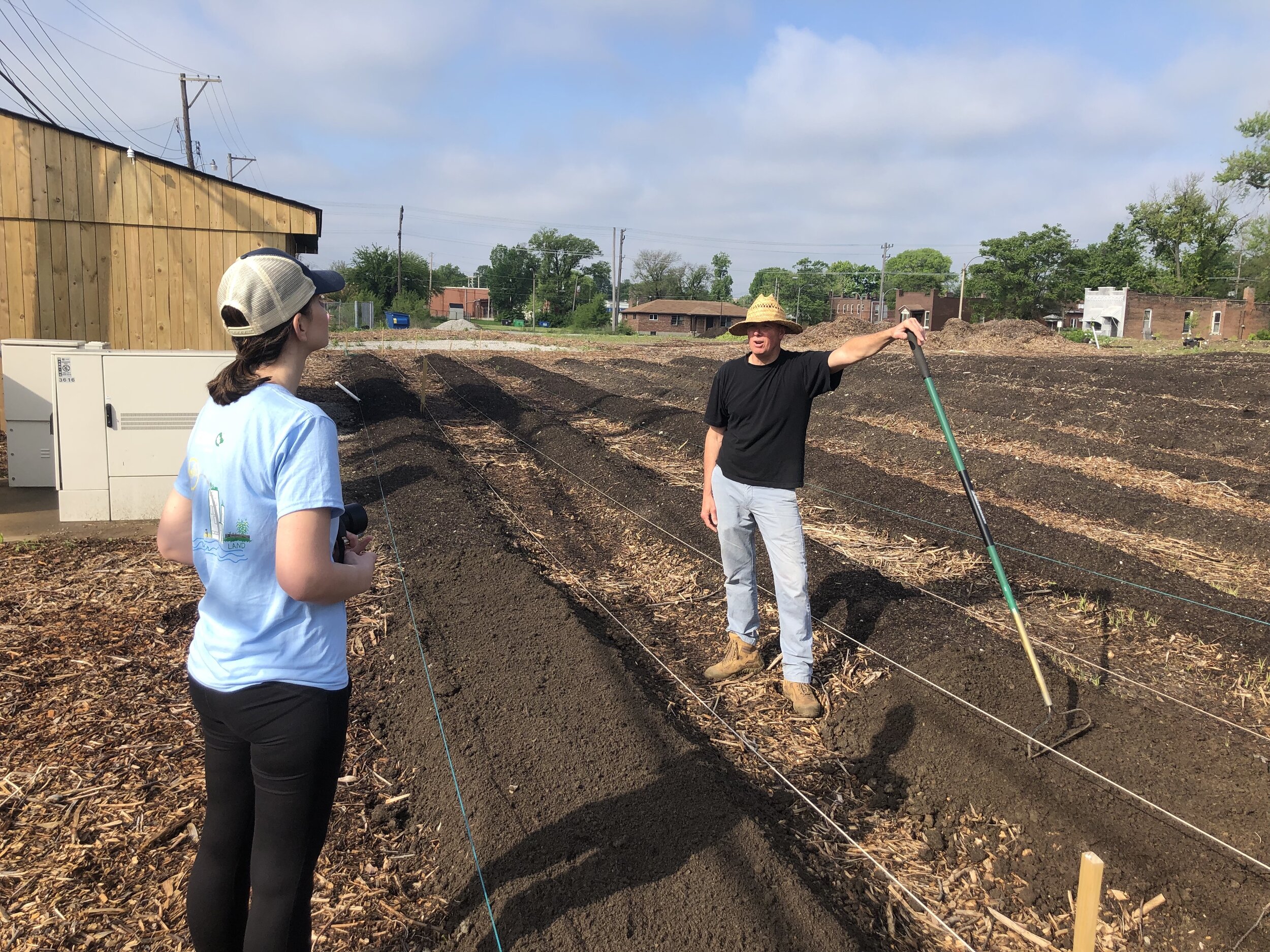
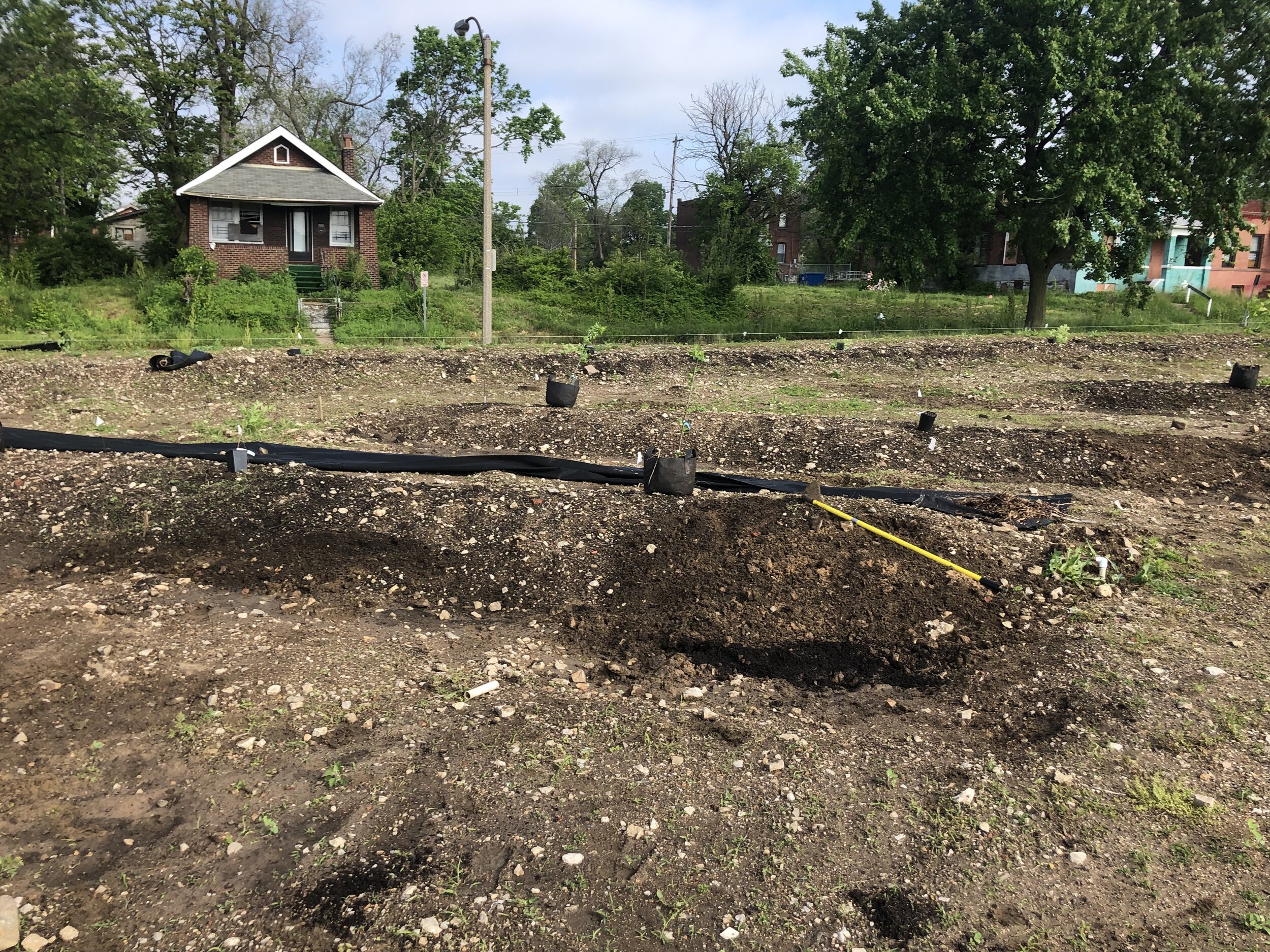
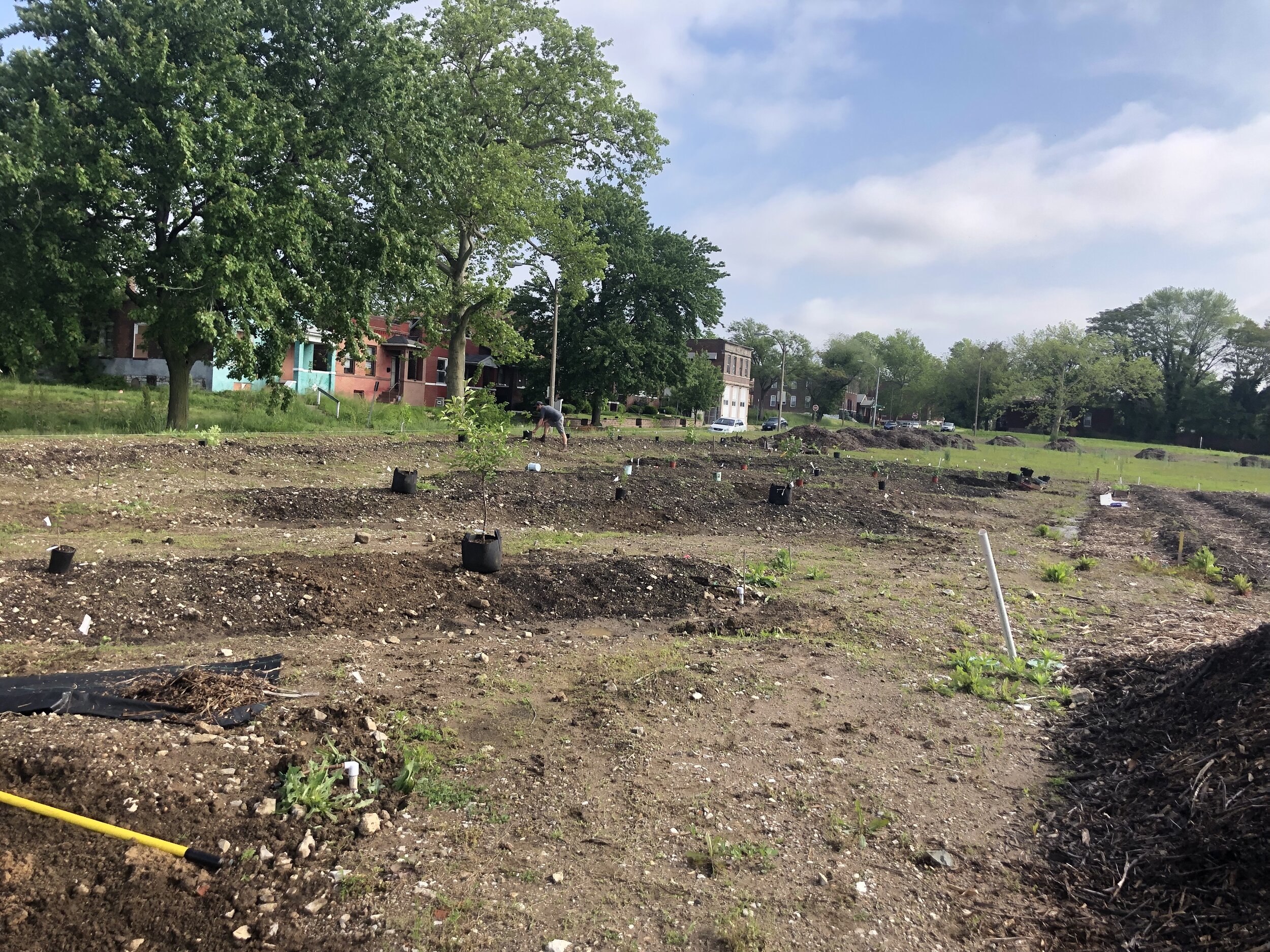
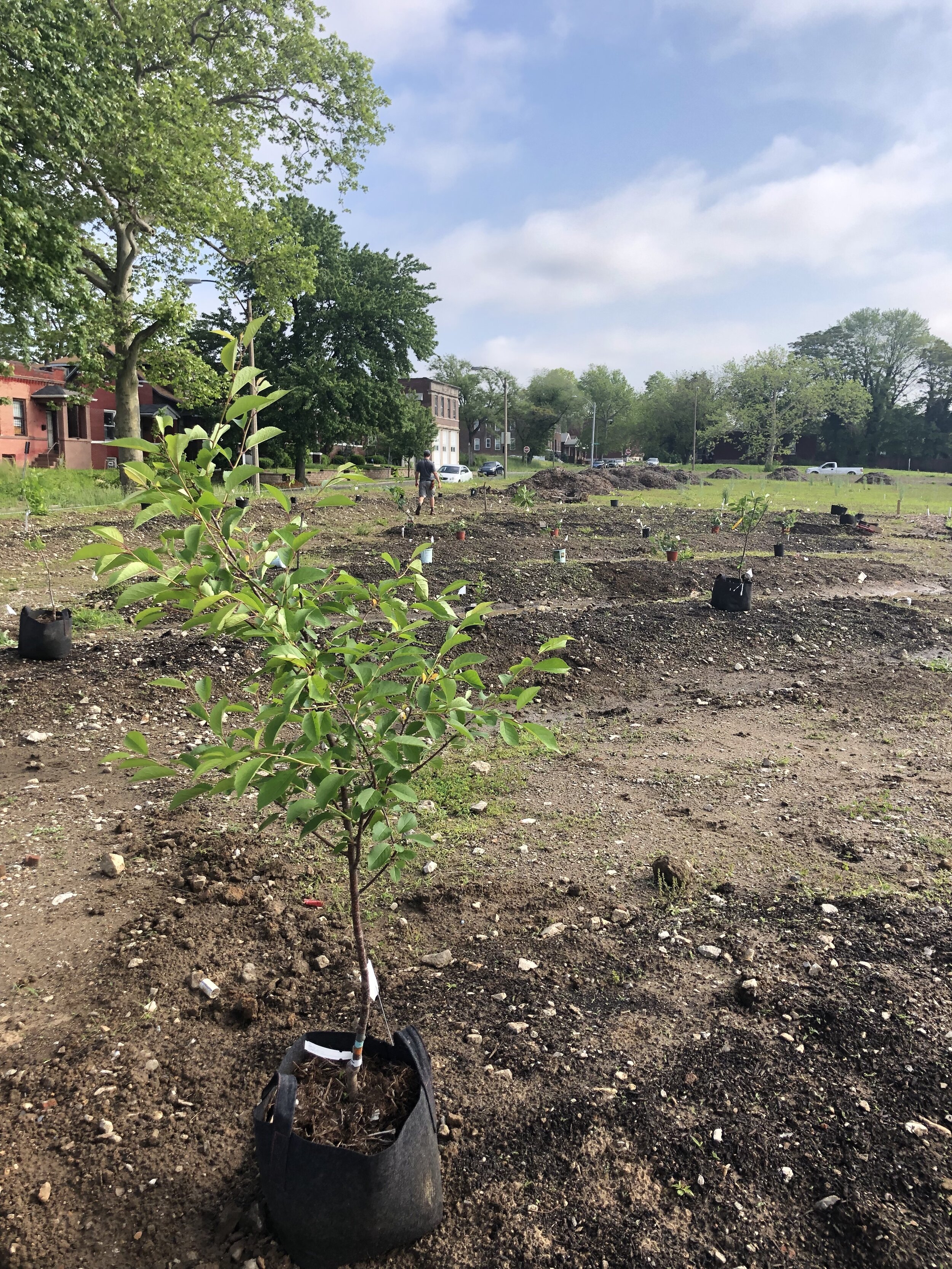
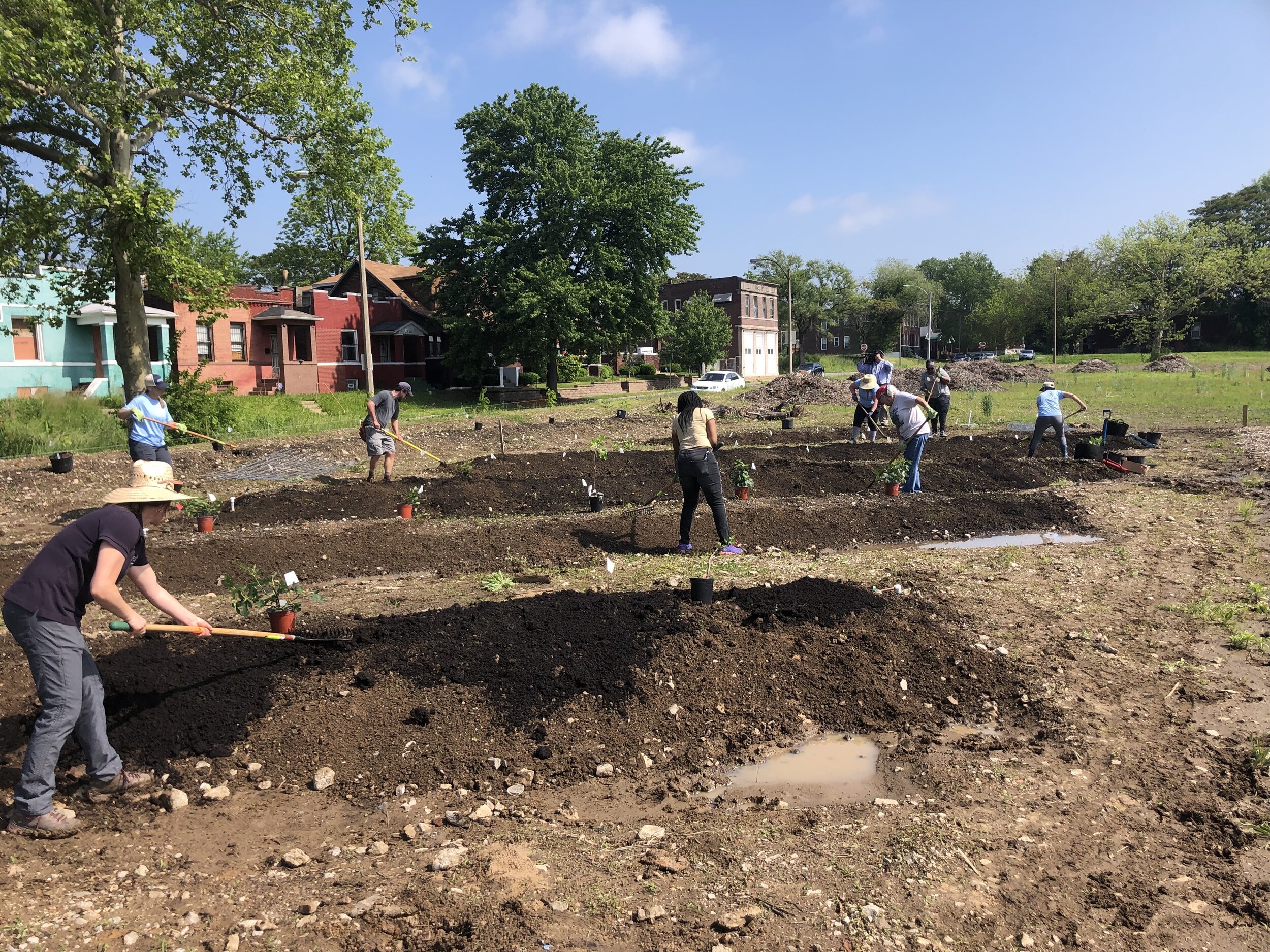
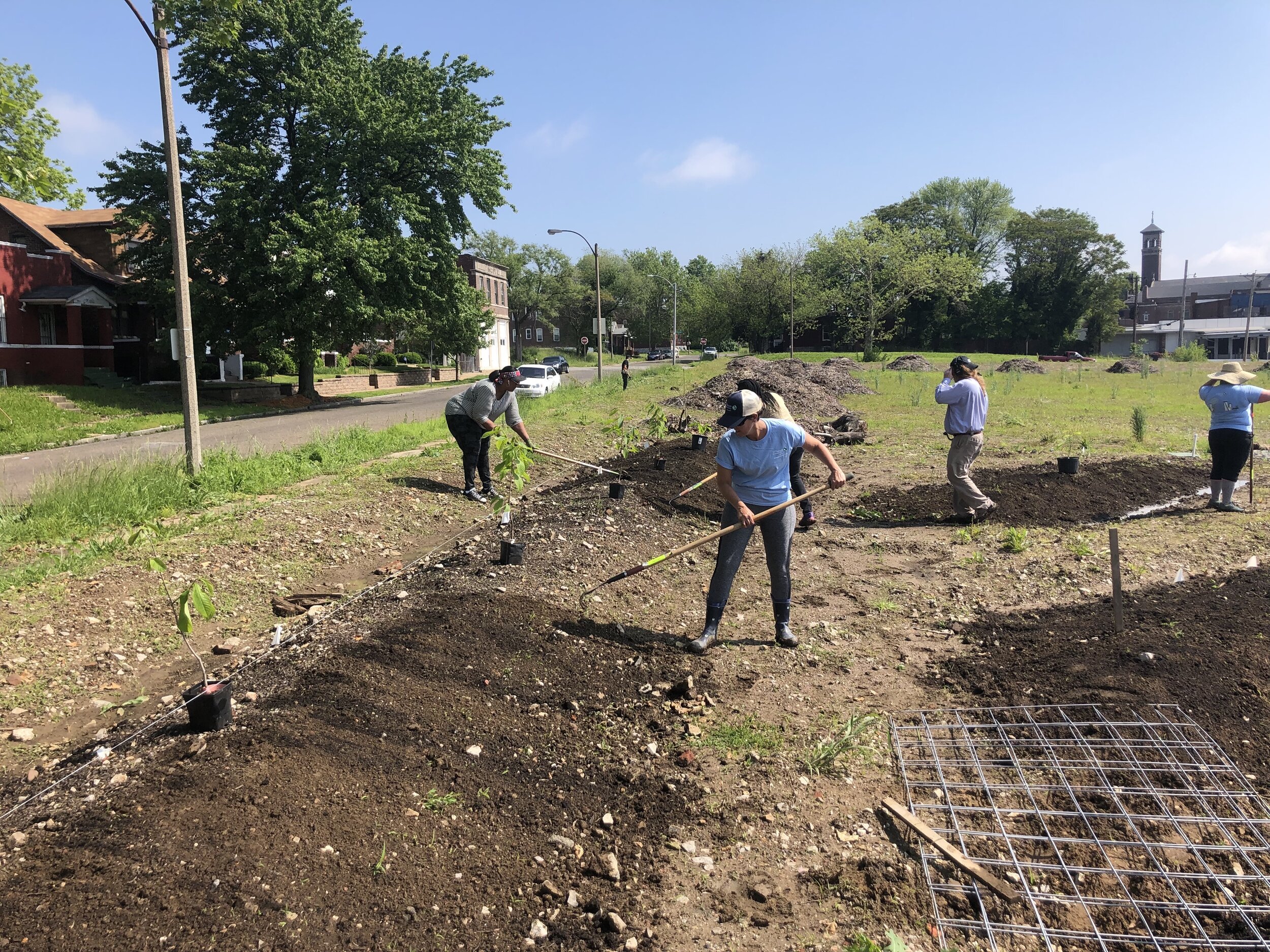
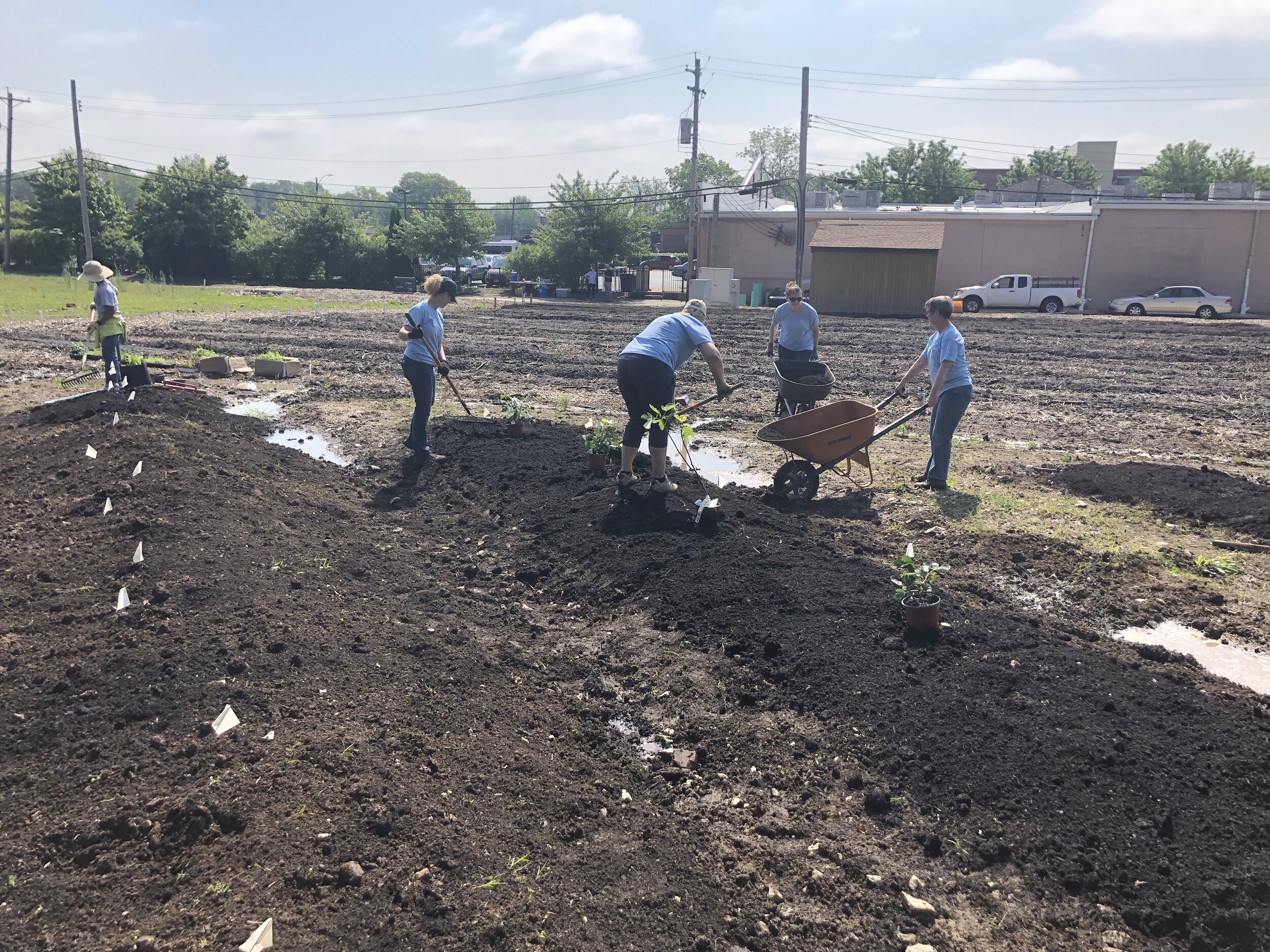
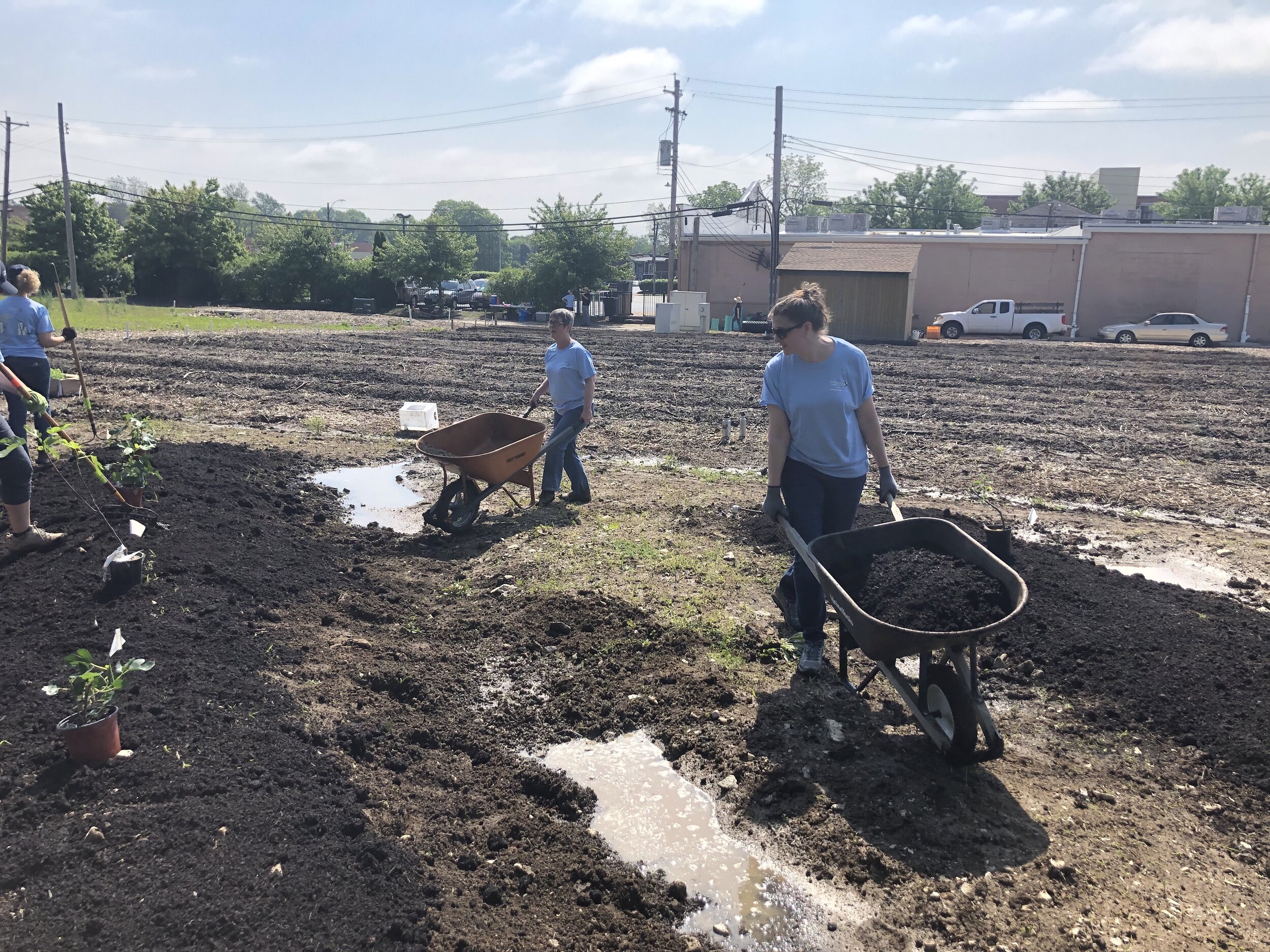
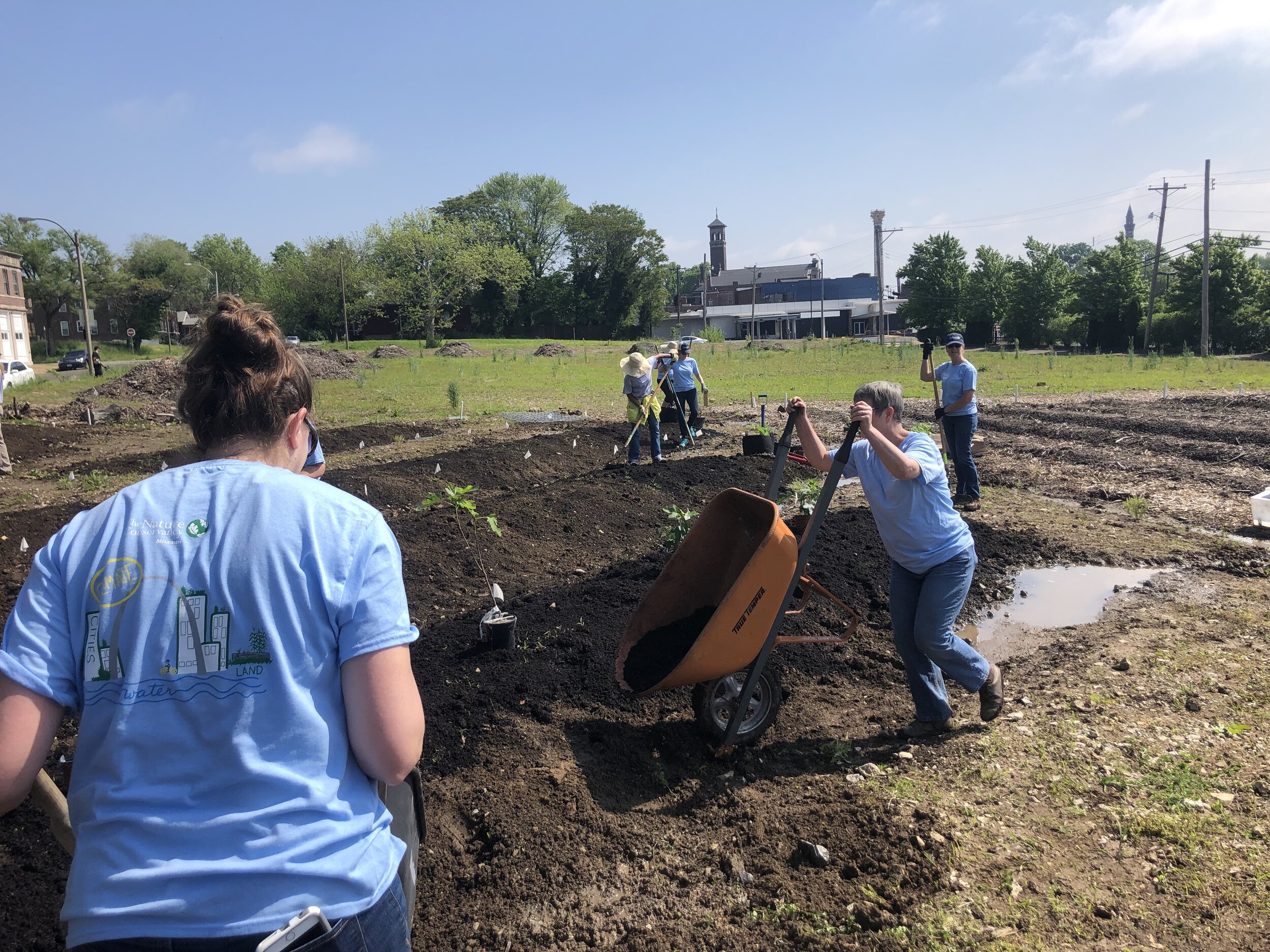
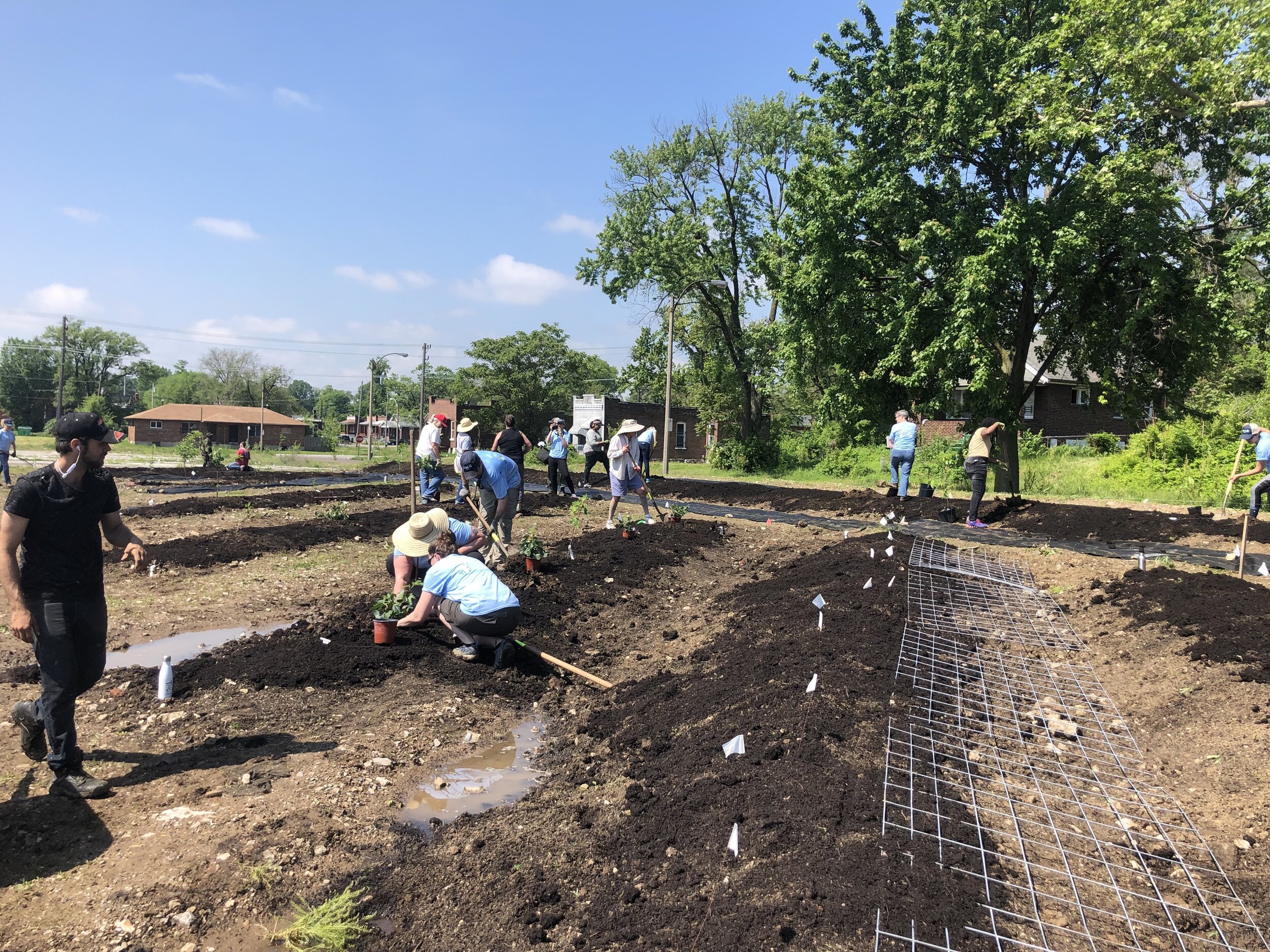
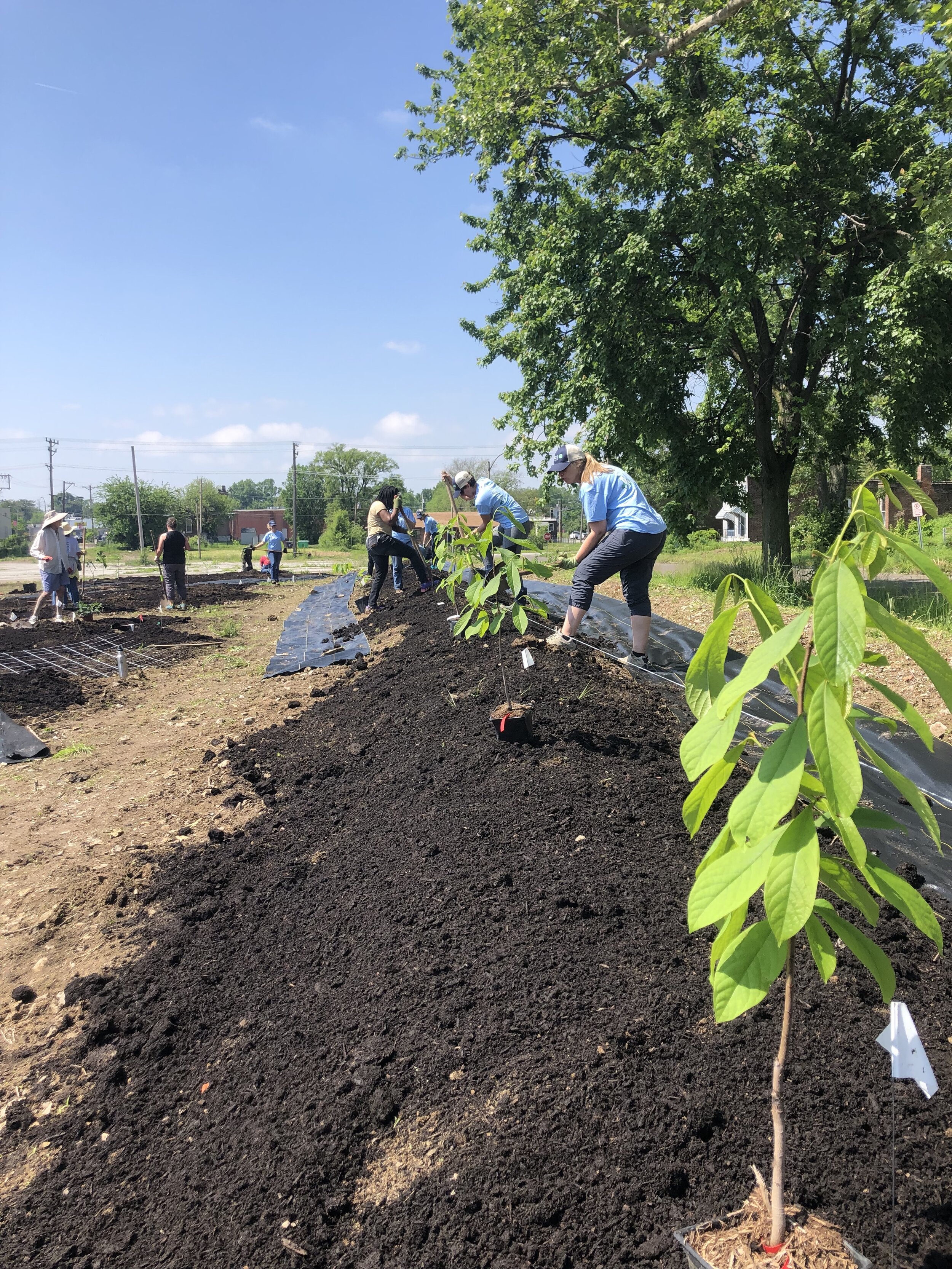
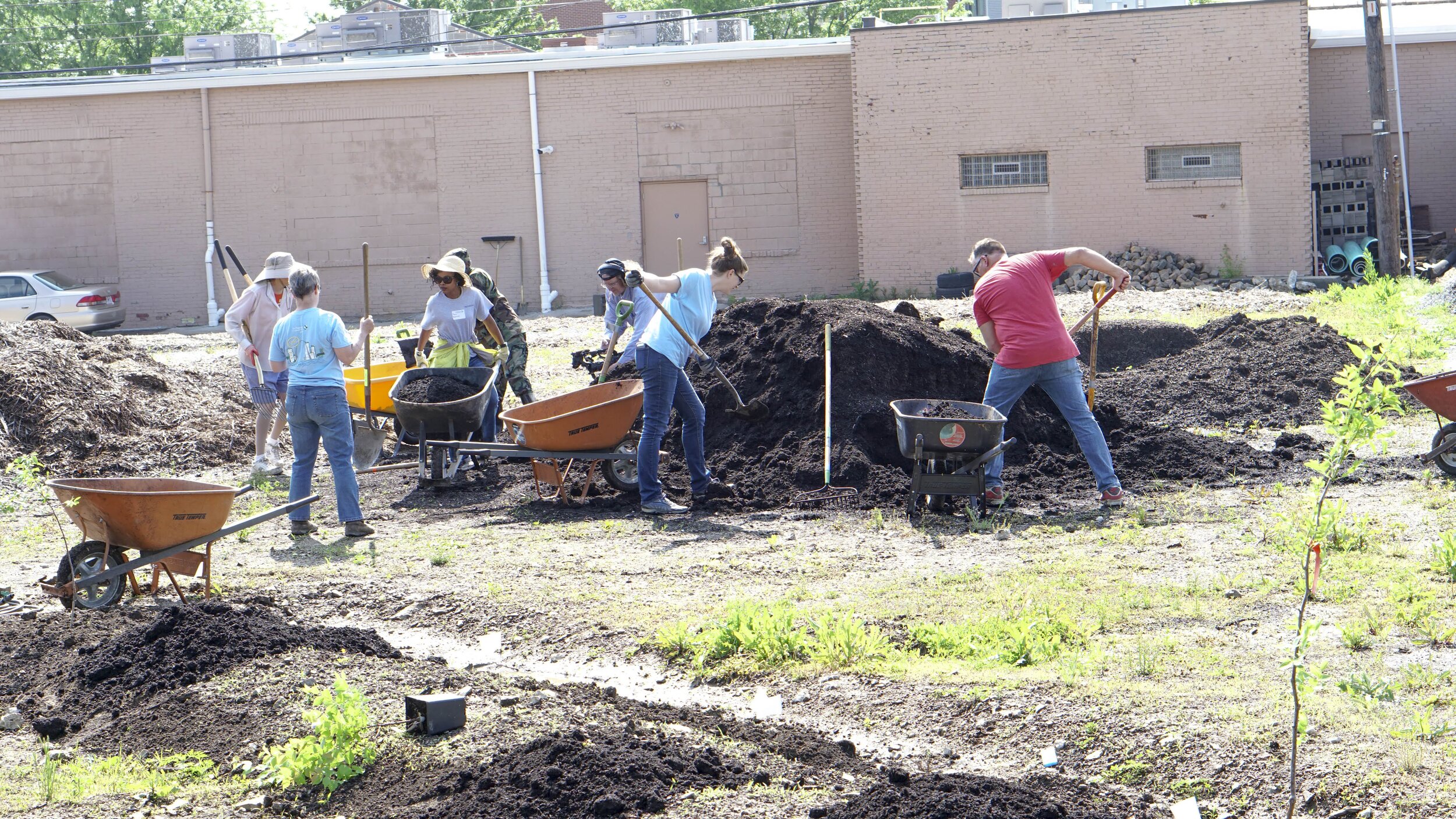
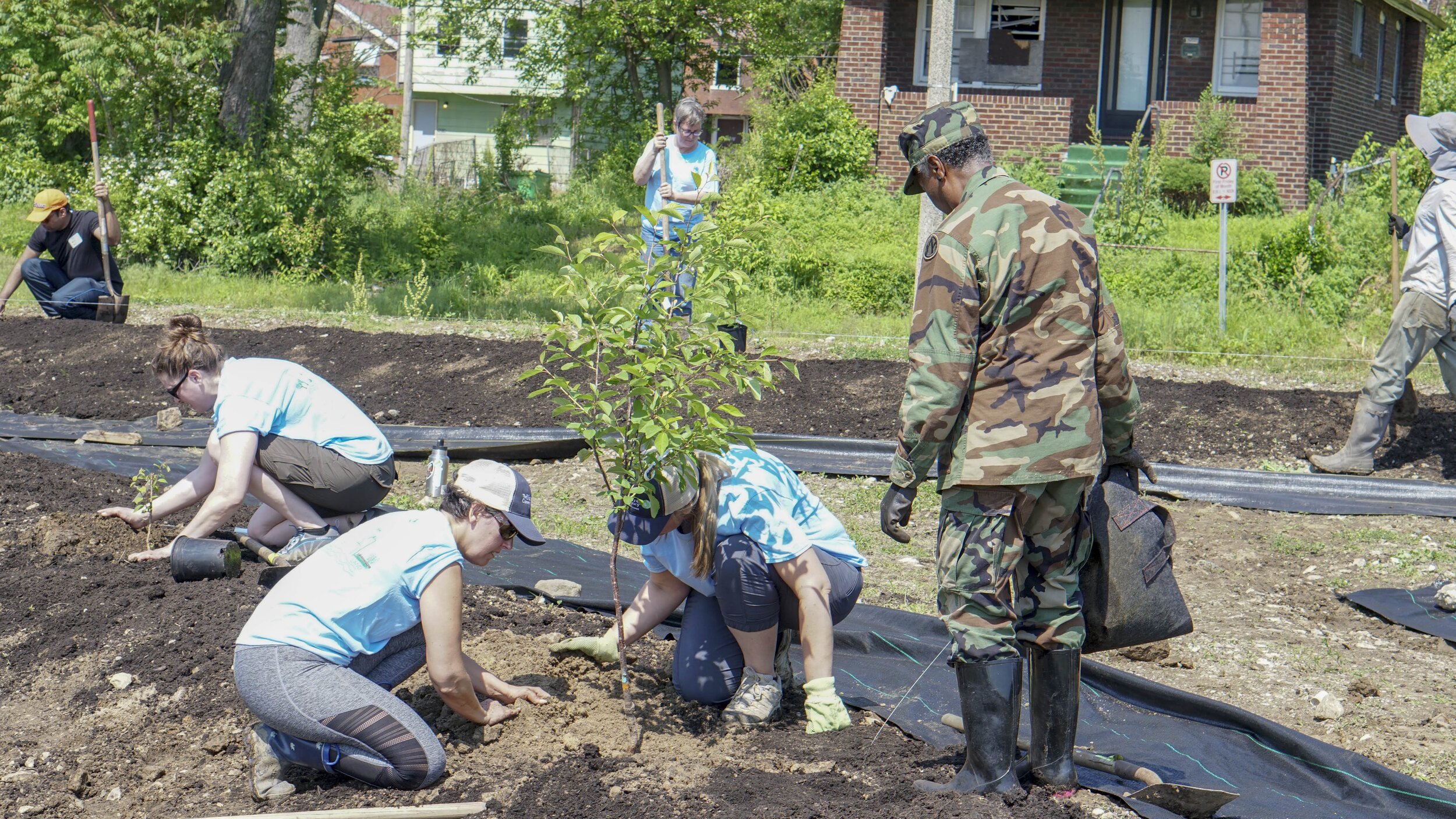
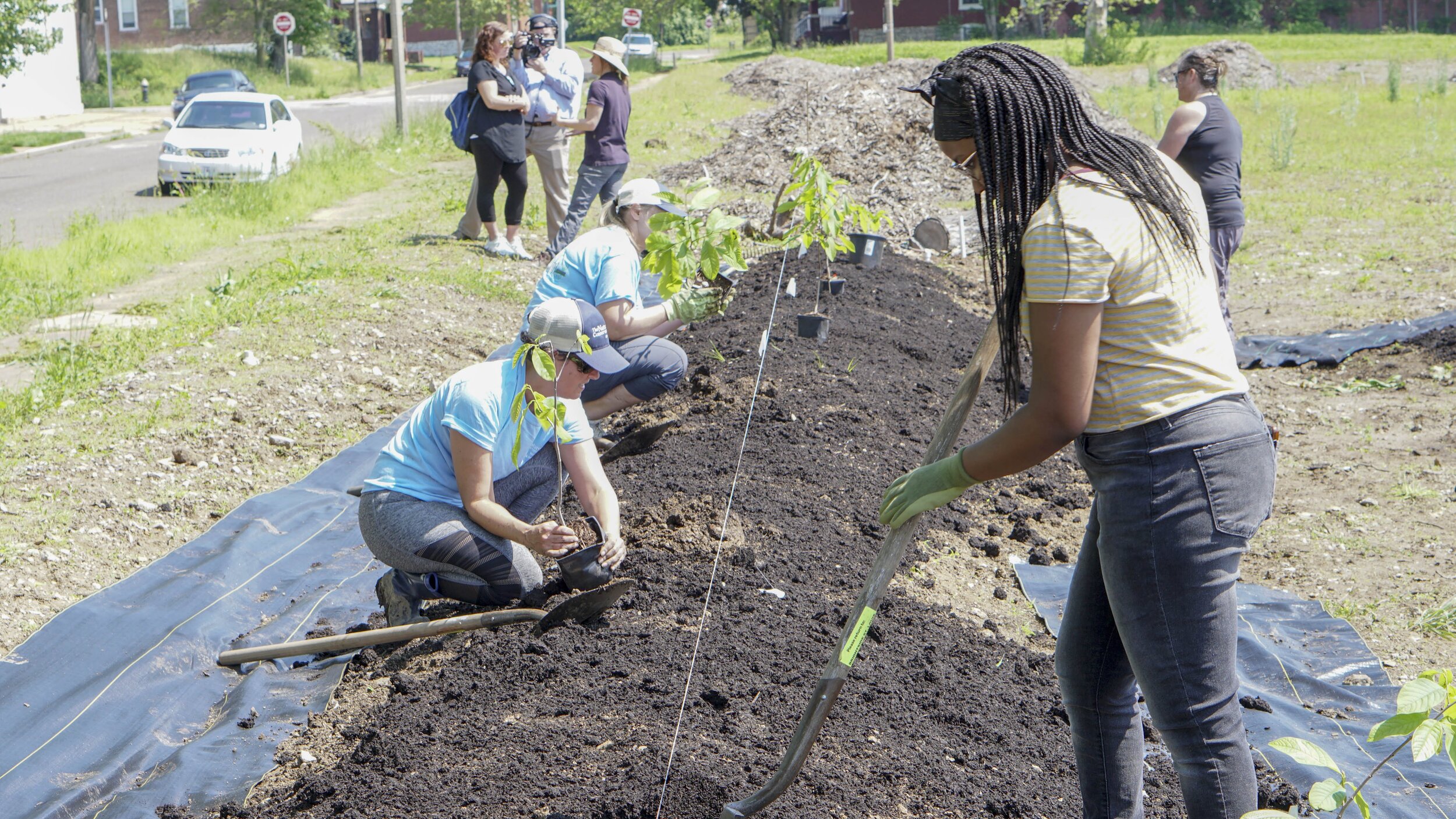
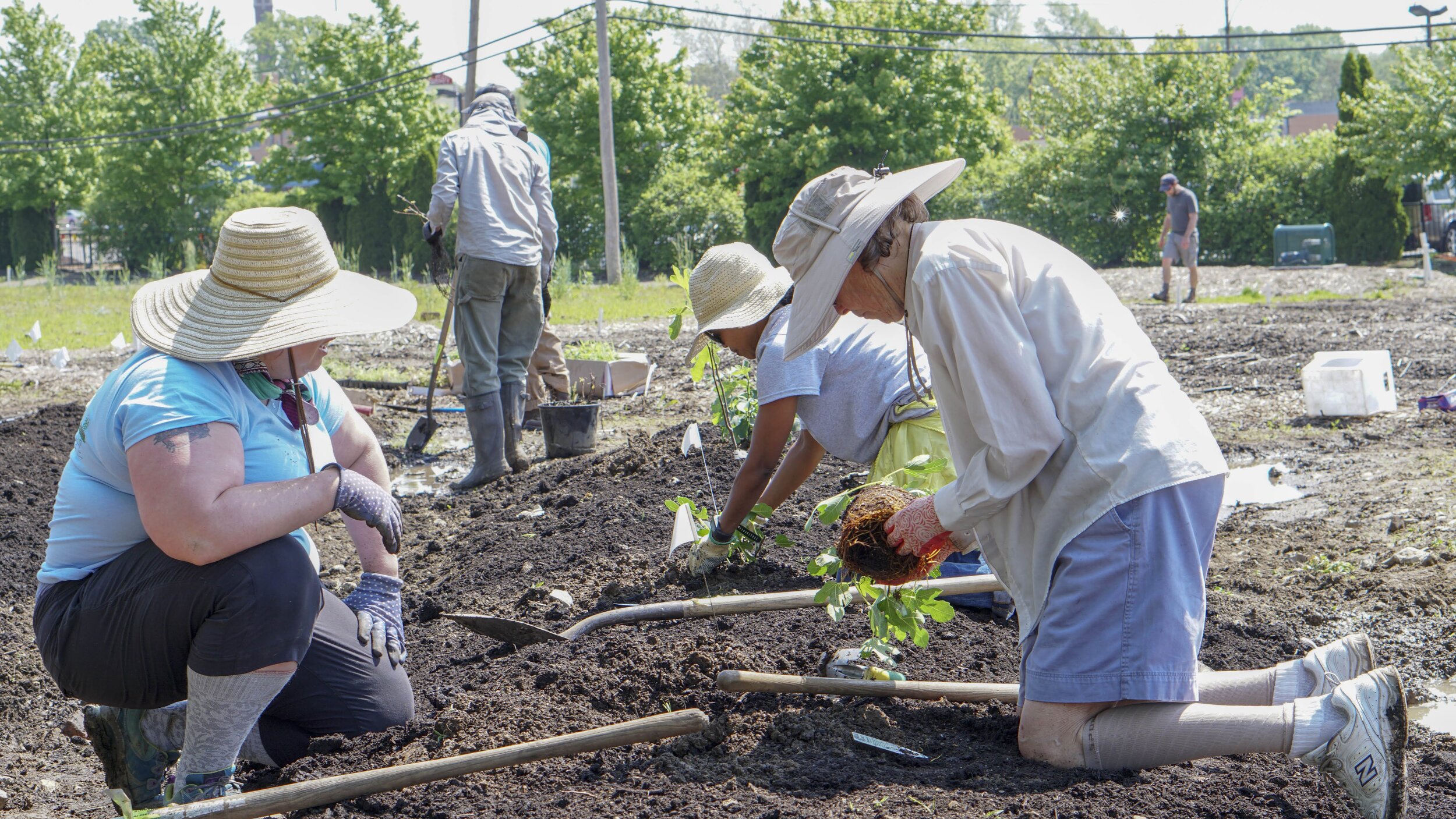
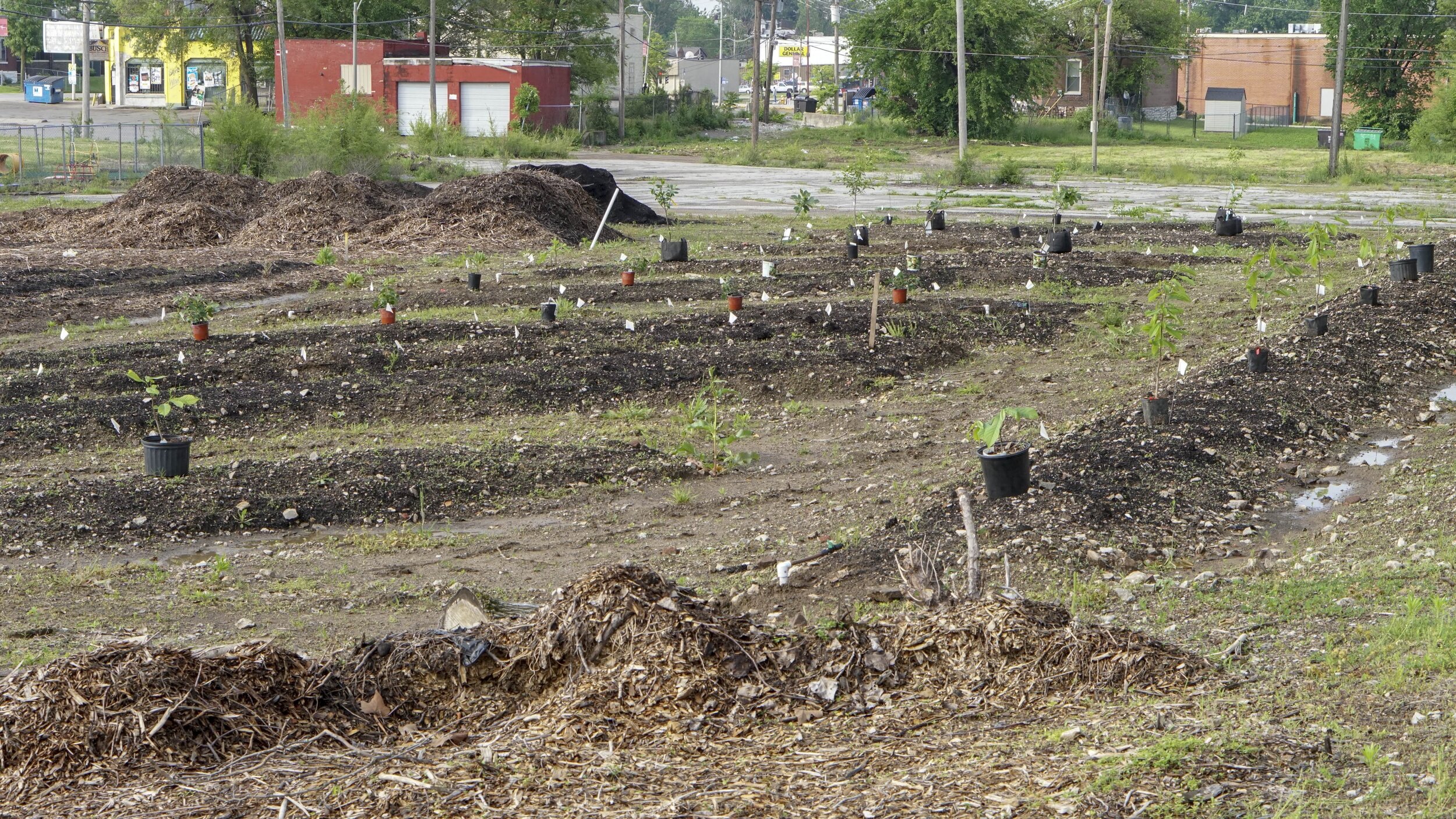
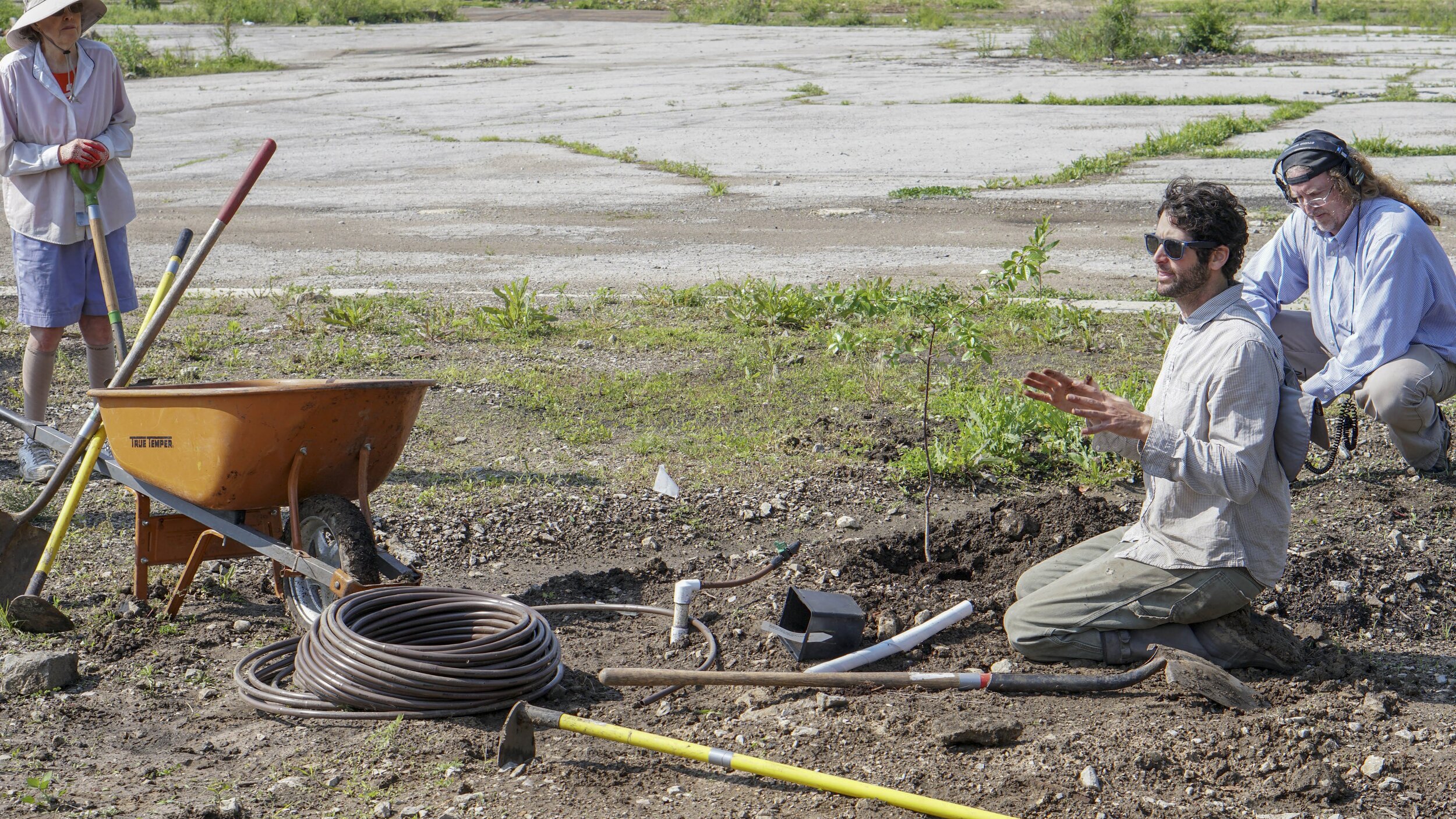
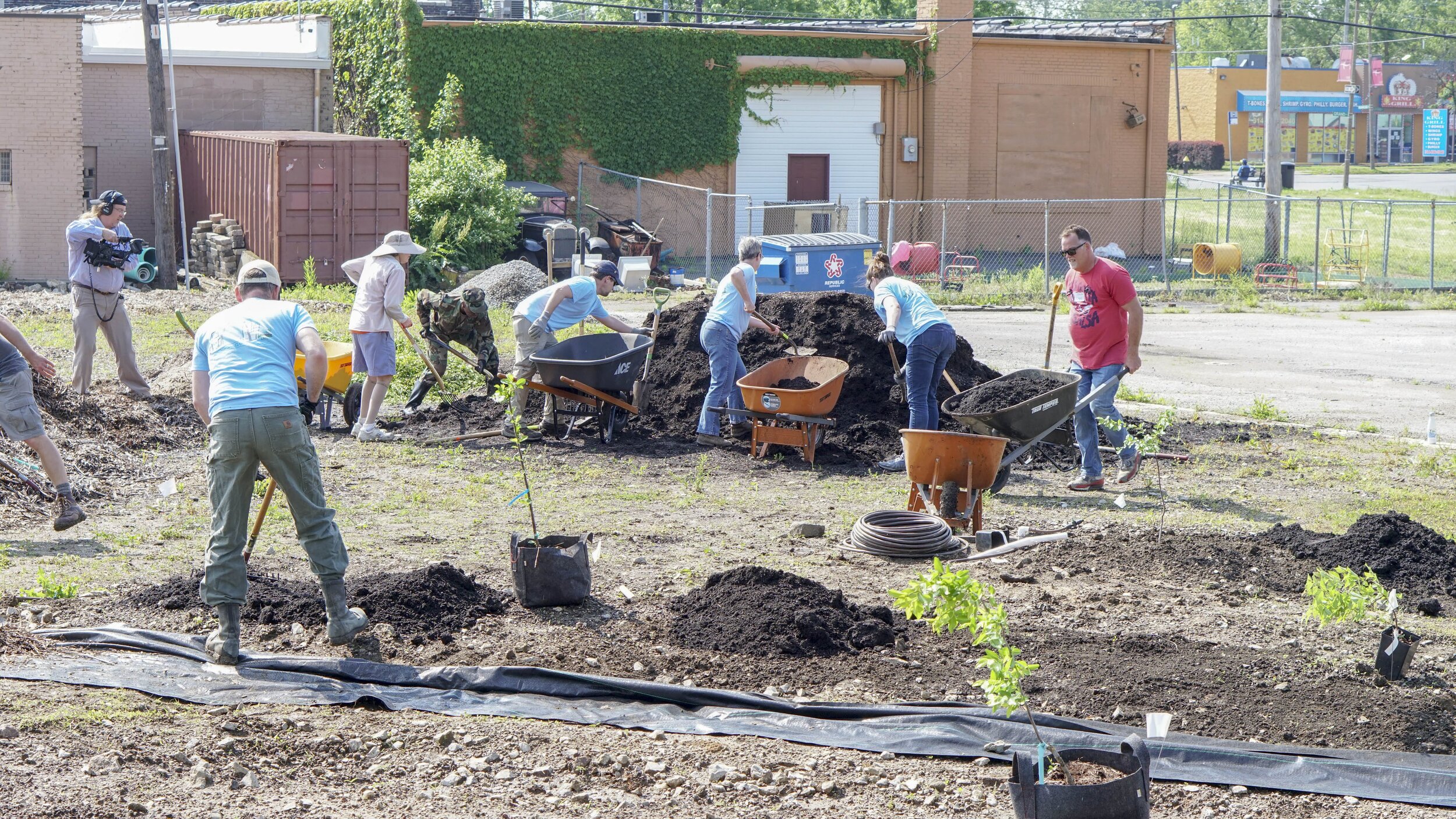
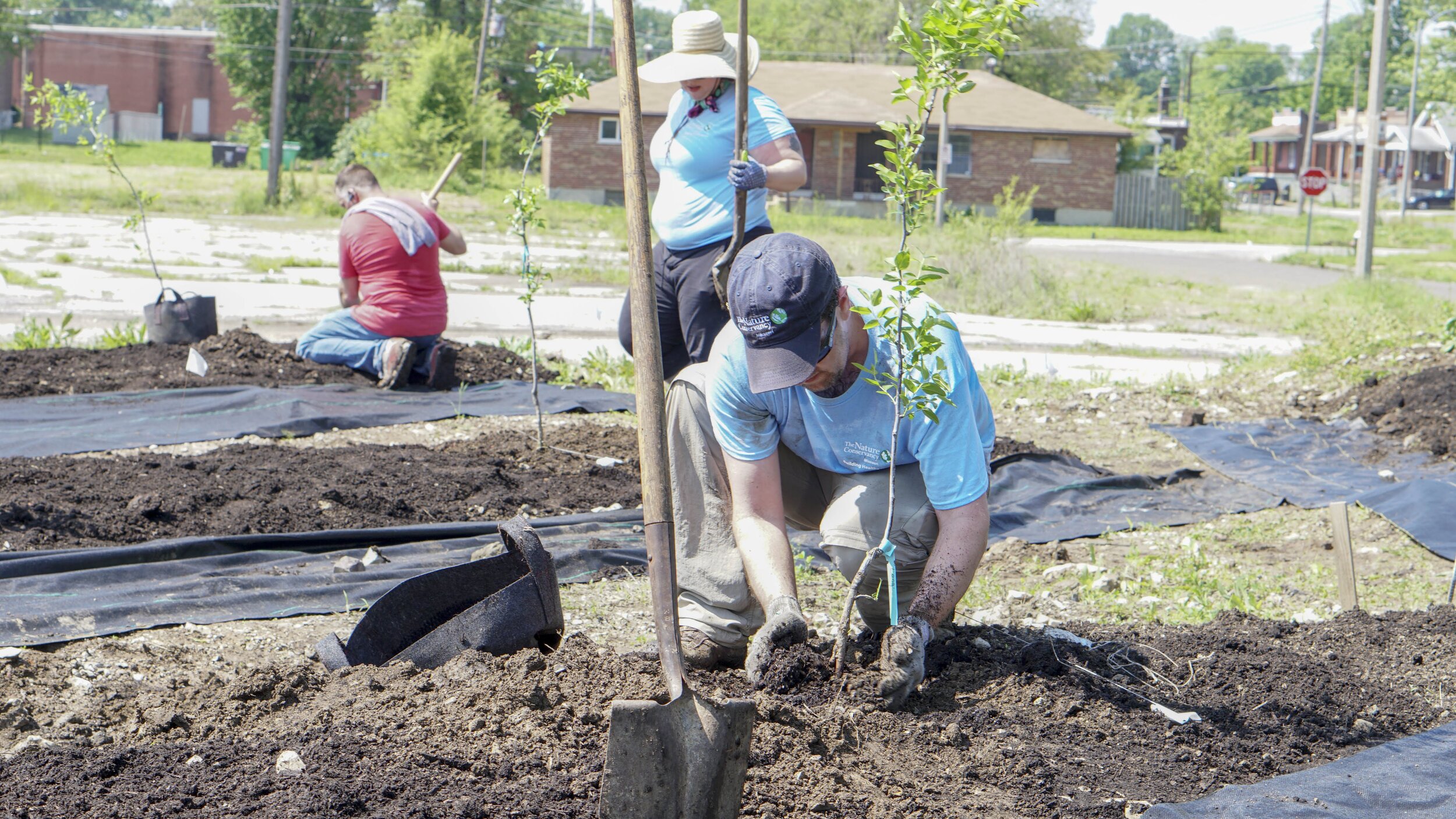
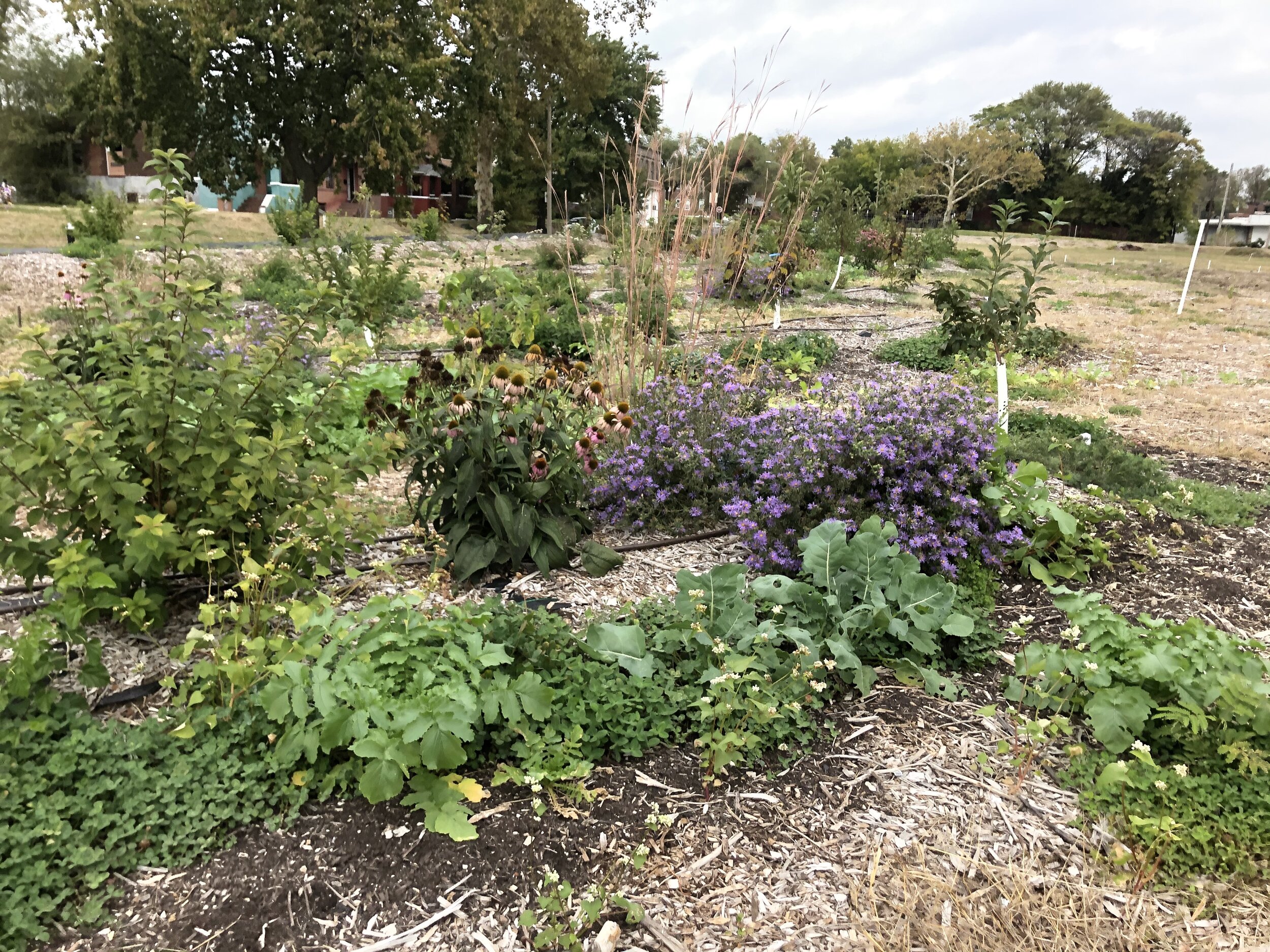

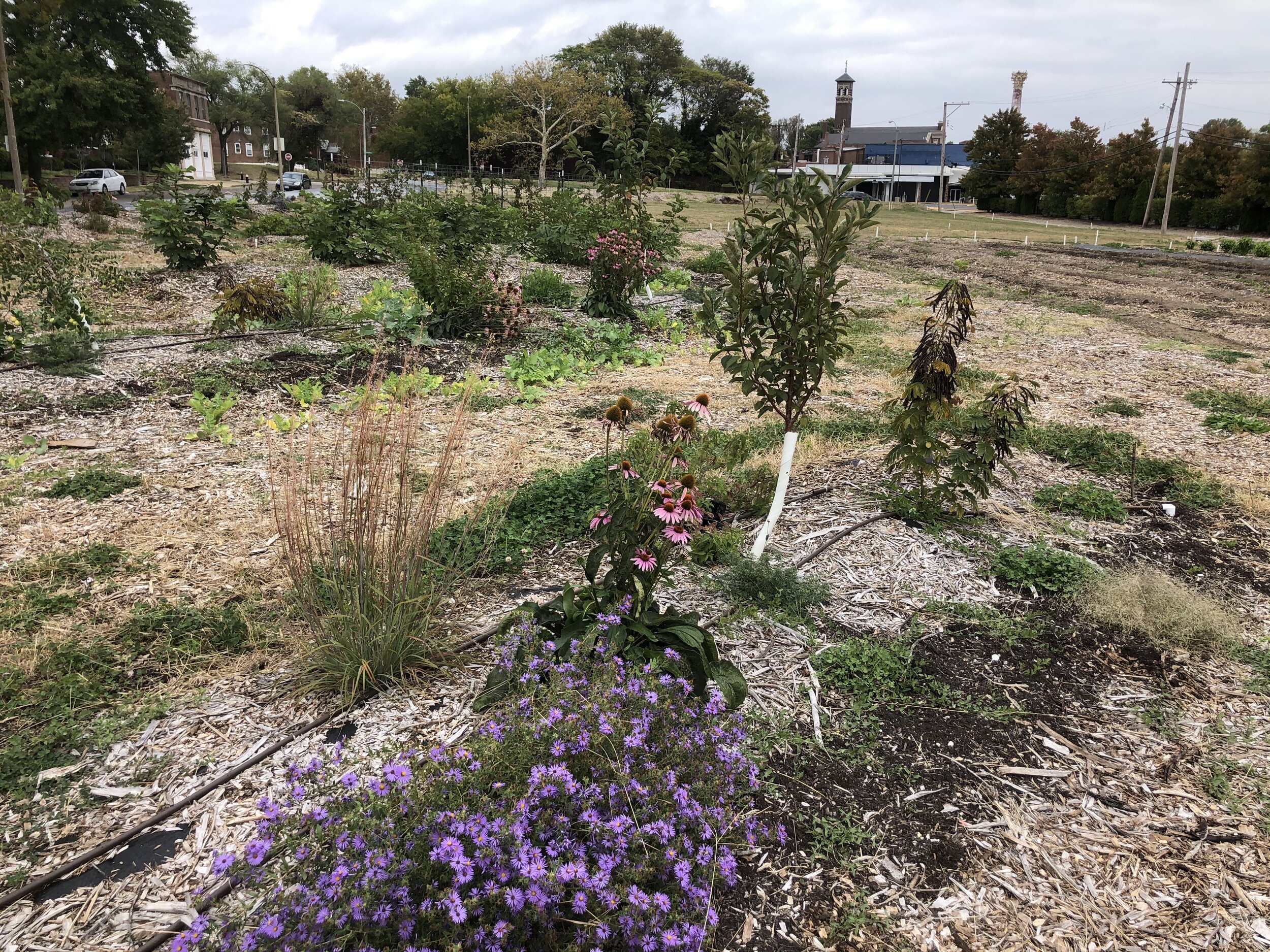
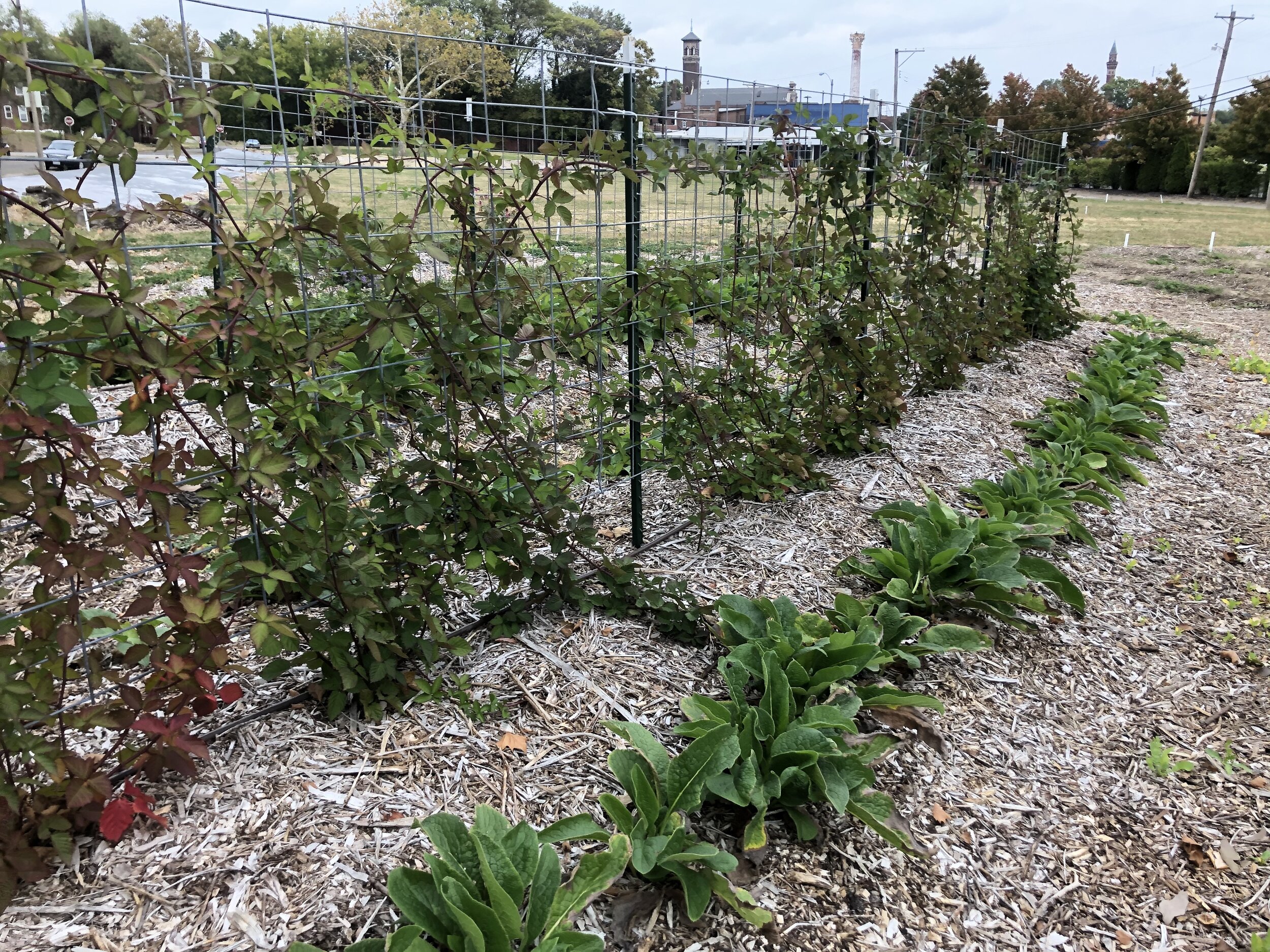
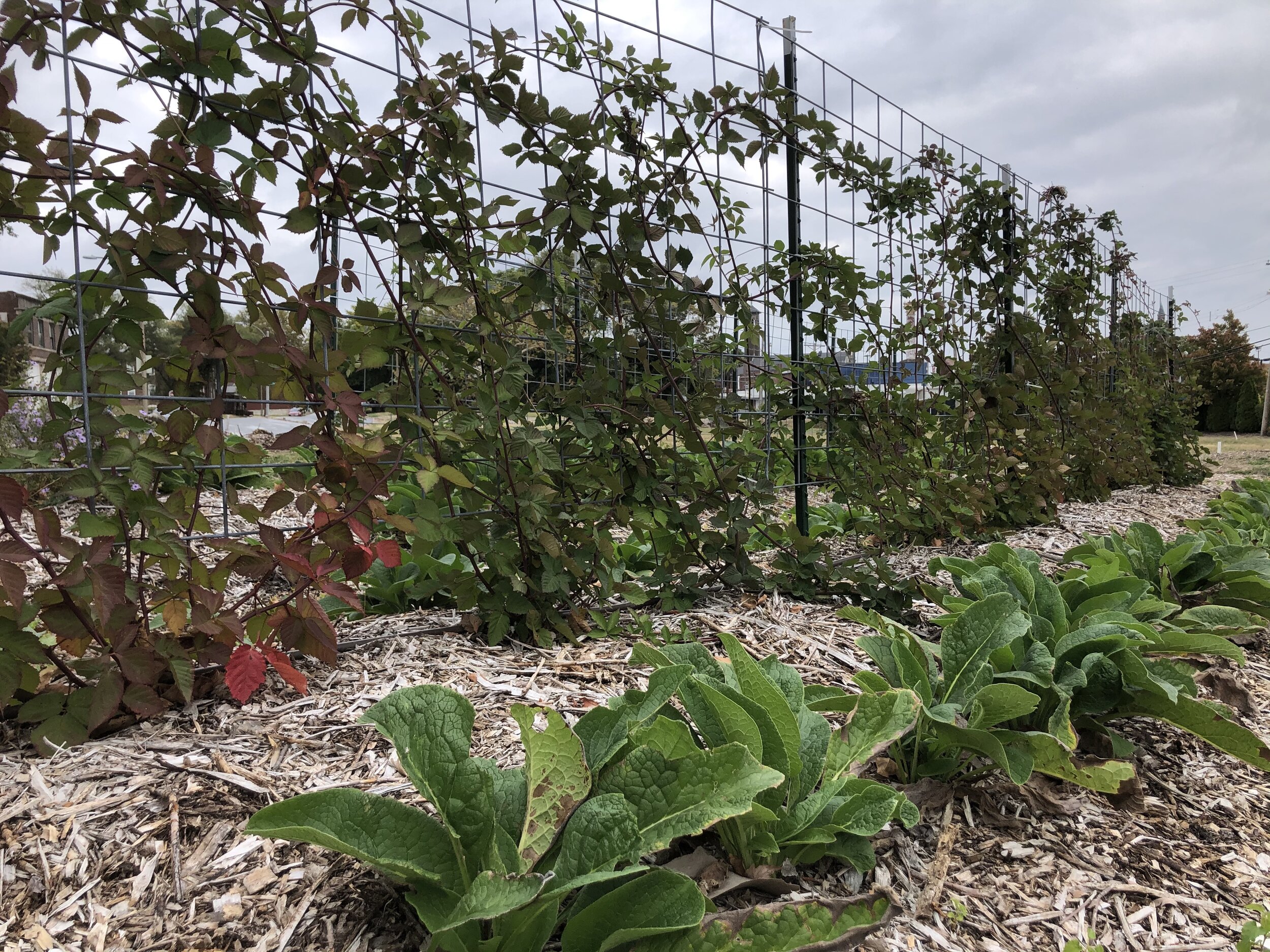
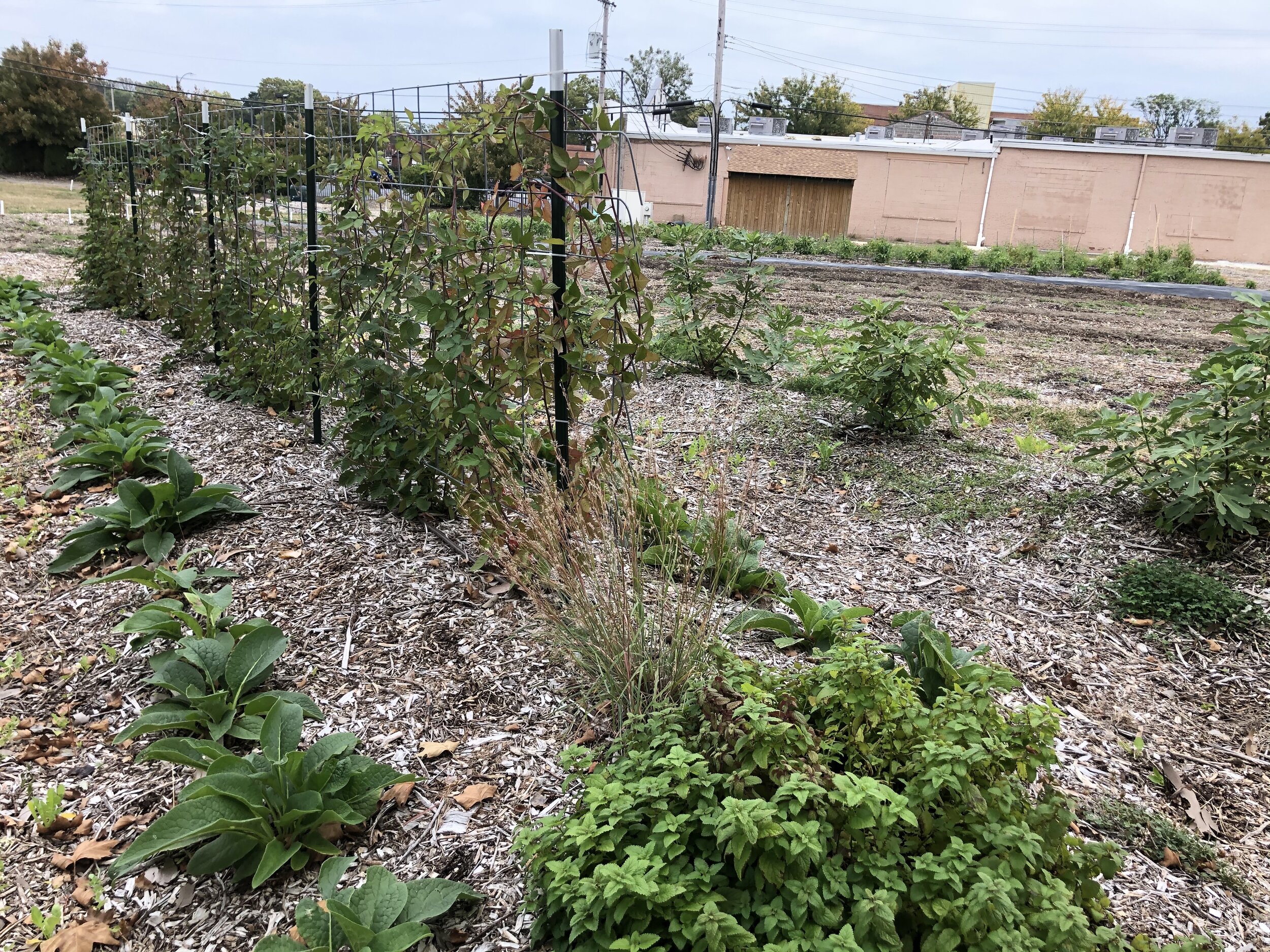
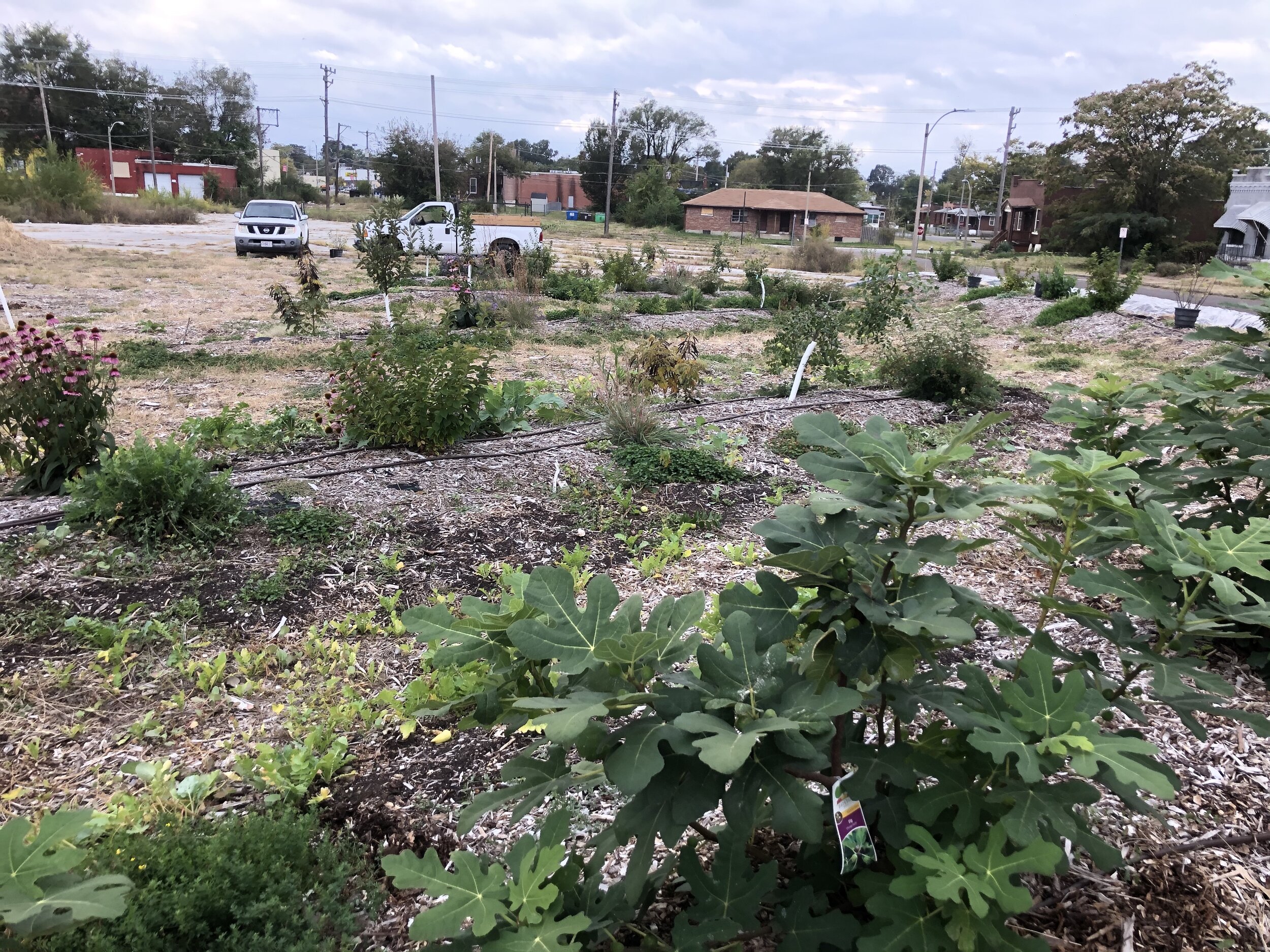
Jubilee Community Church
4231 N. Grand Blvd., St. Louis, MO 63107
314.533.5400

